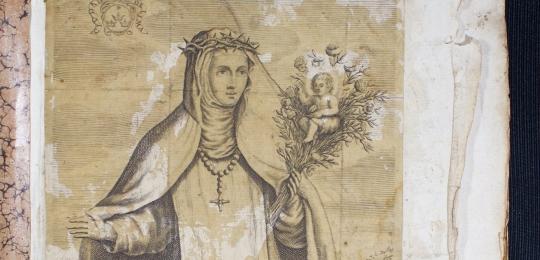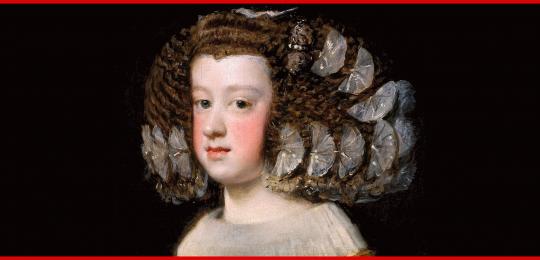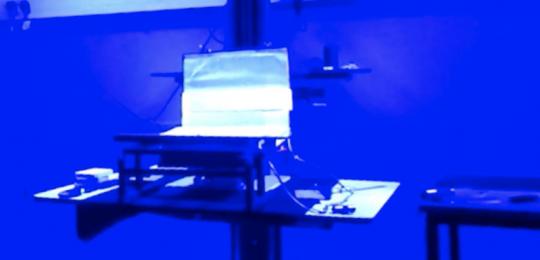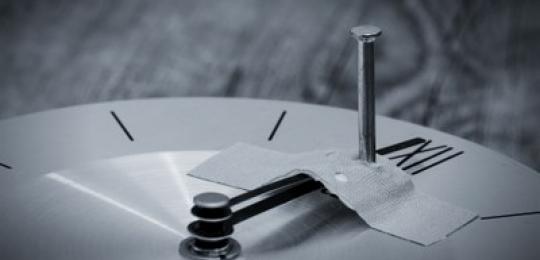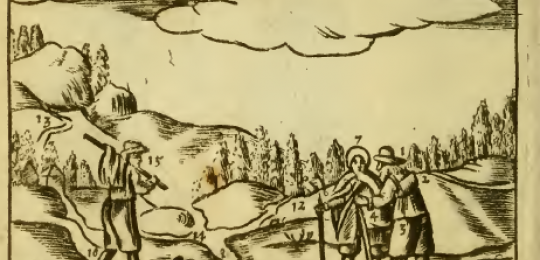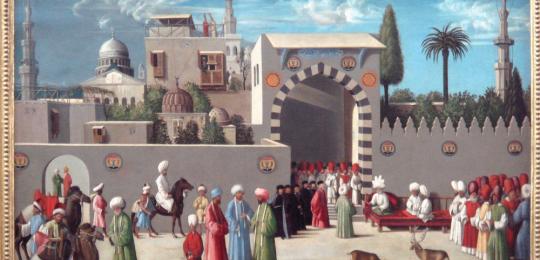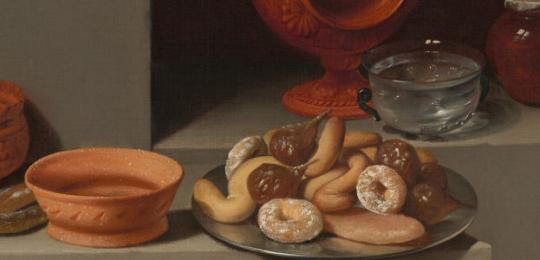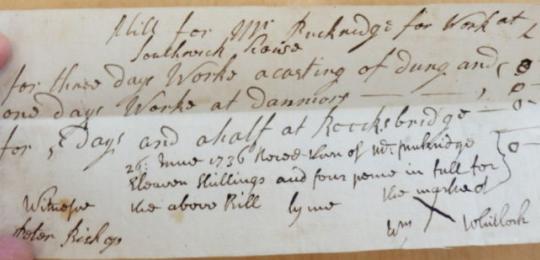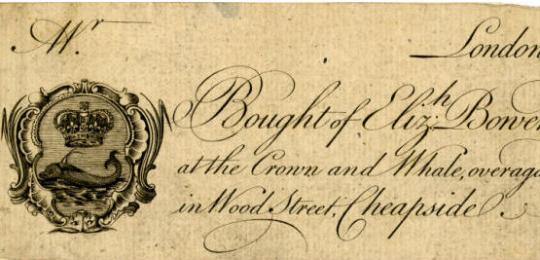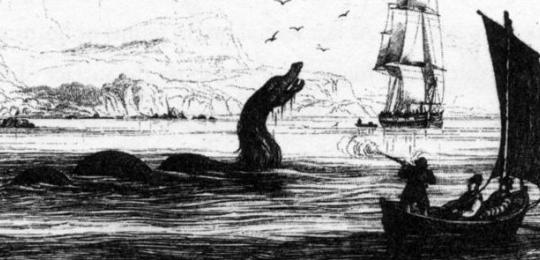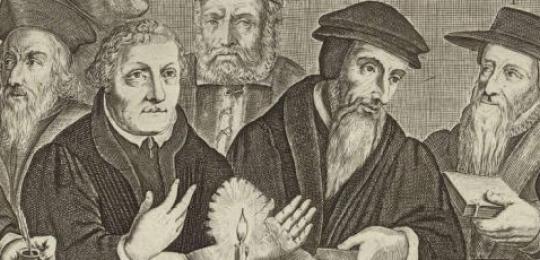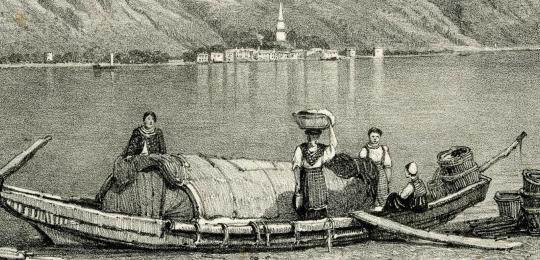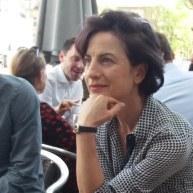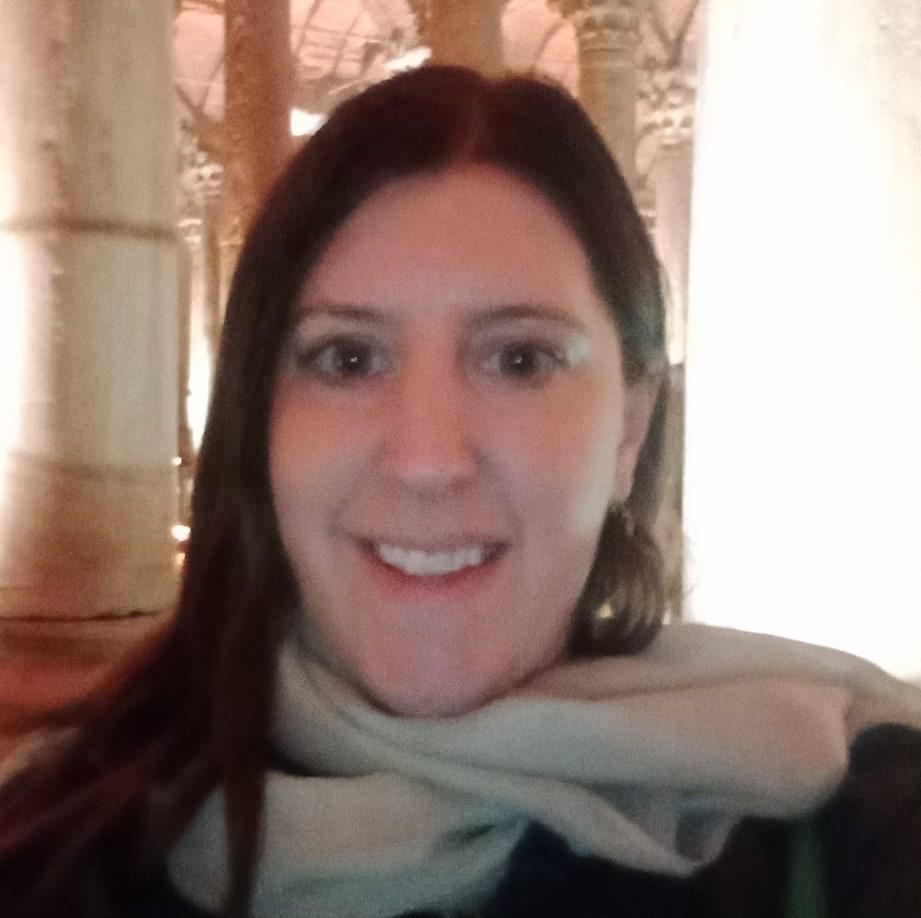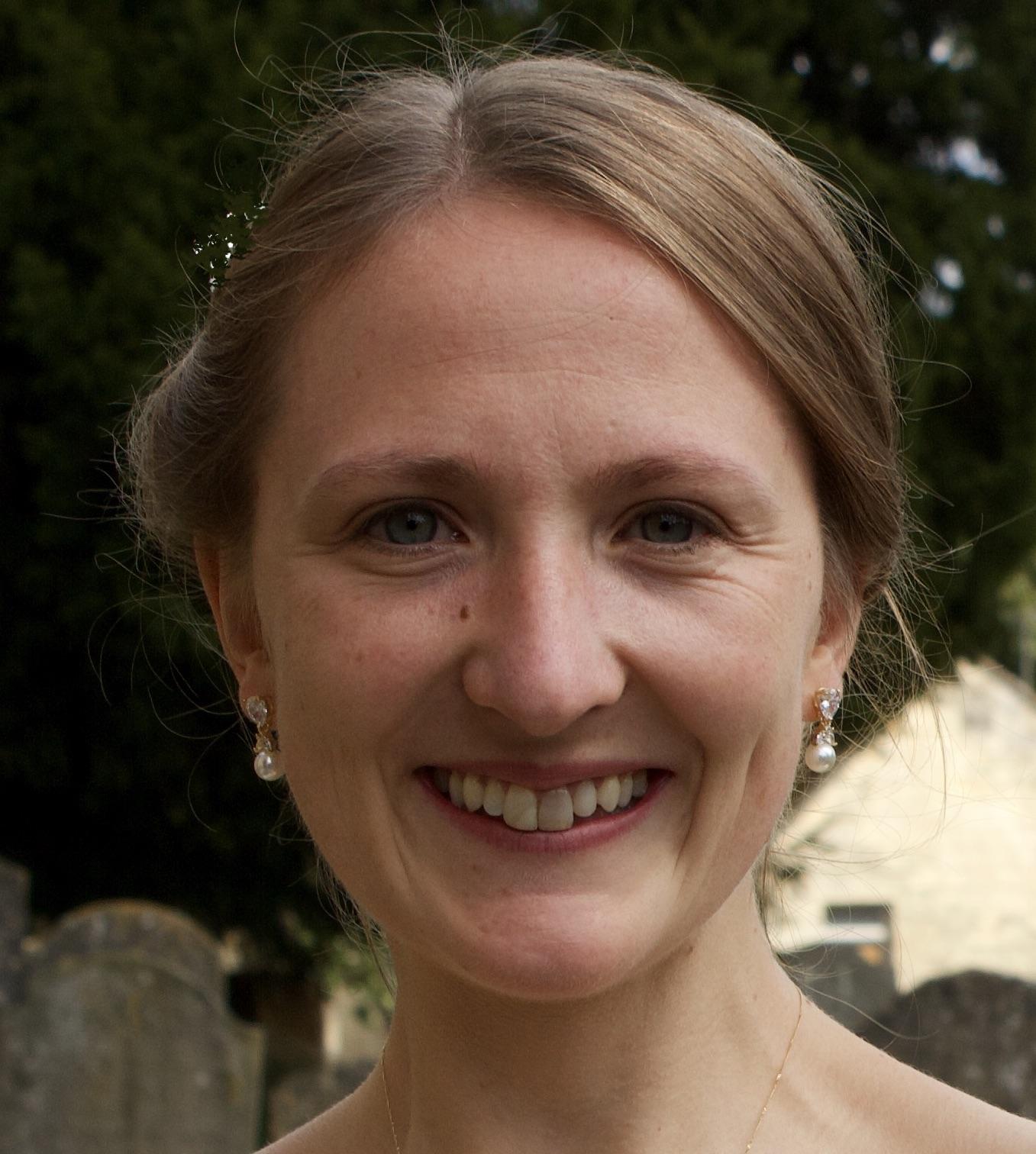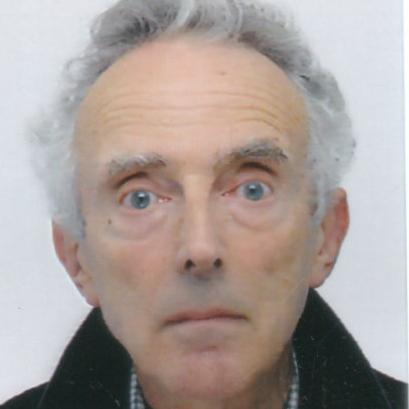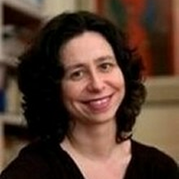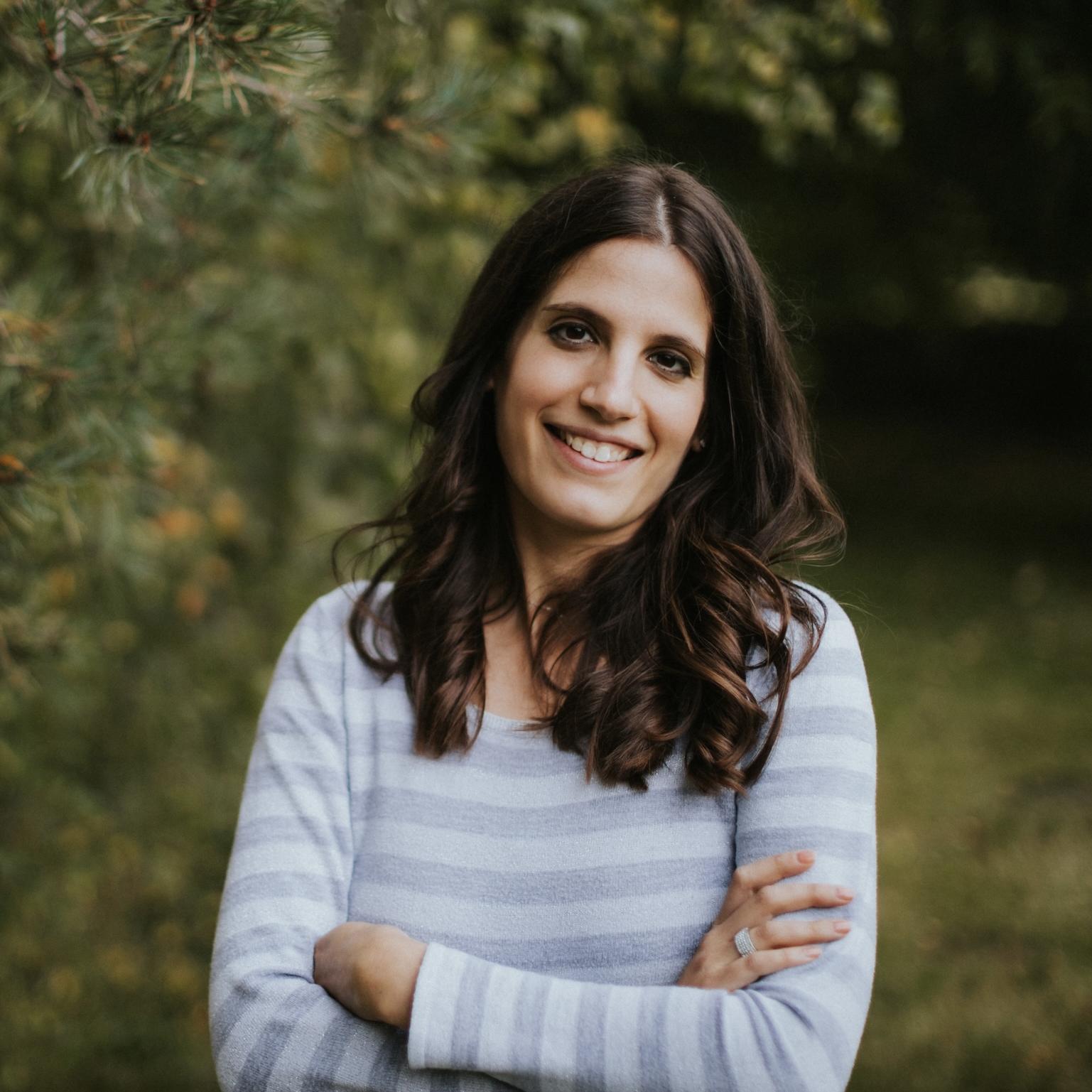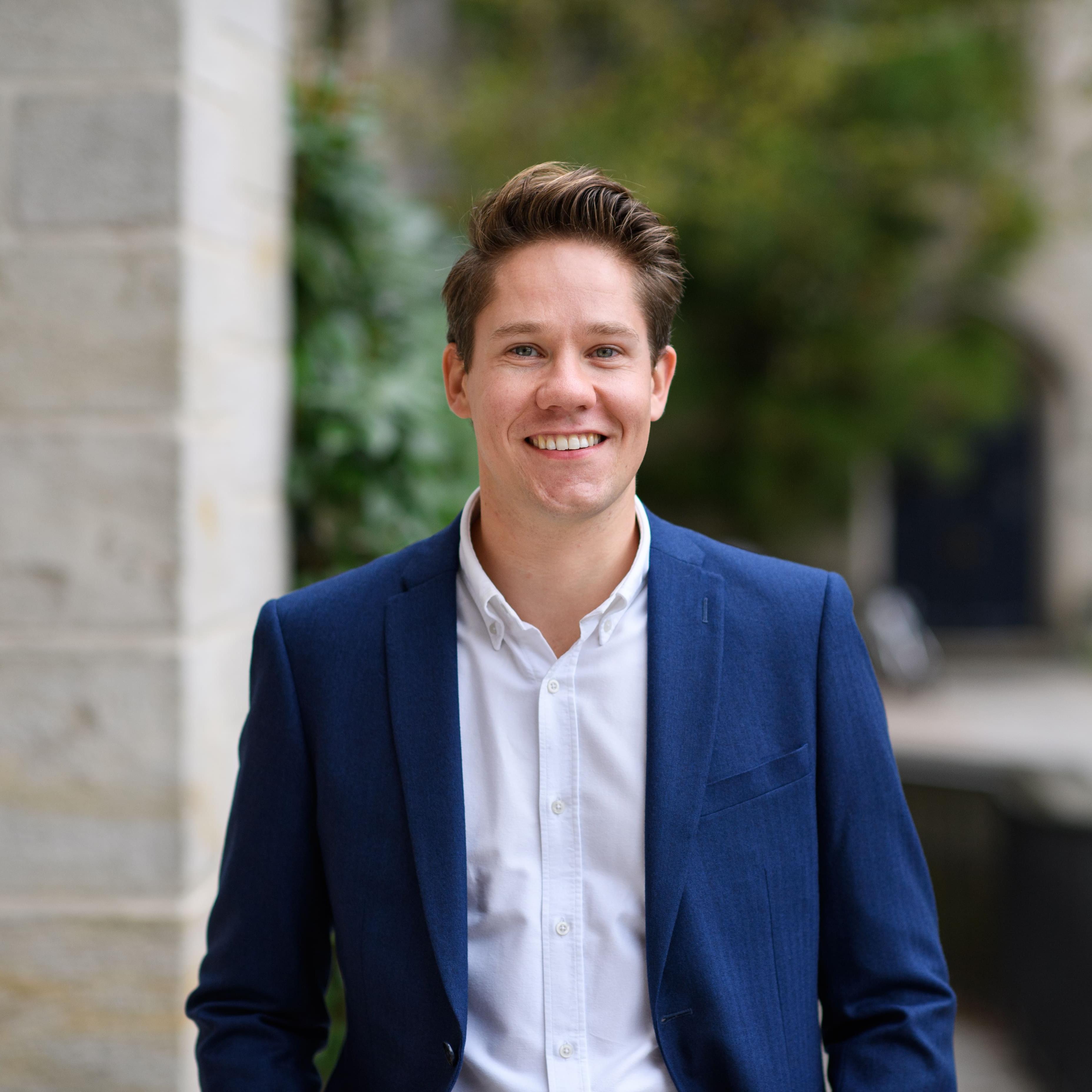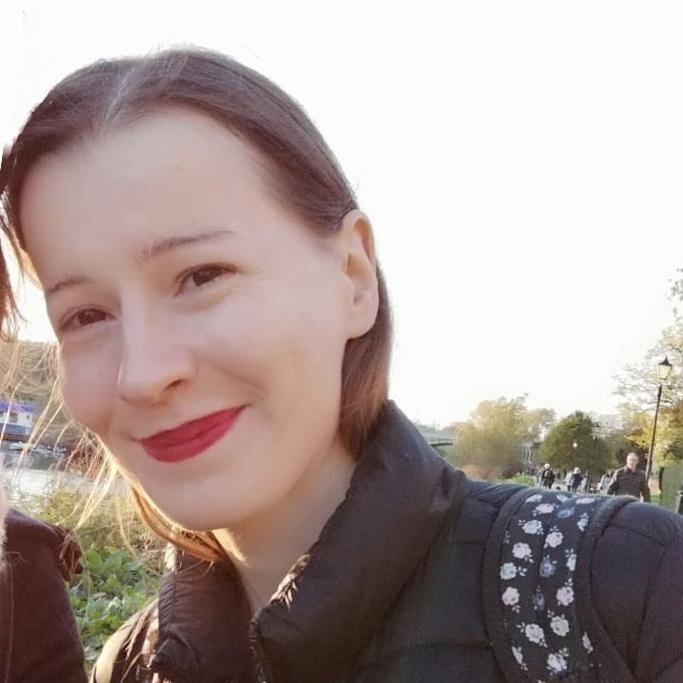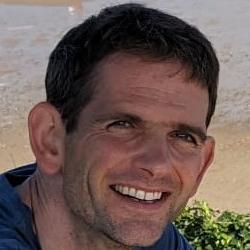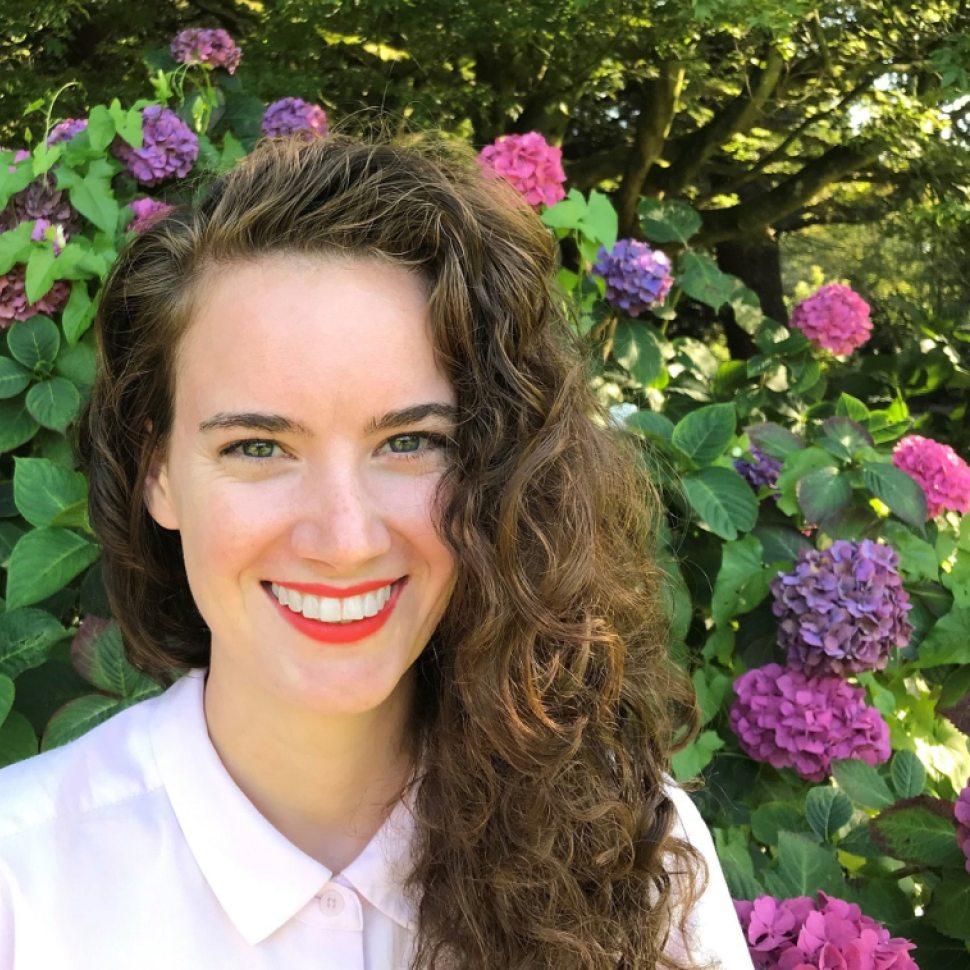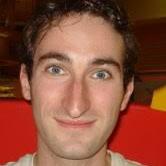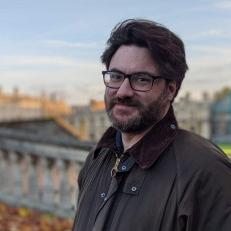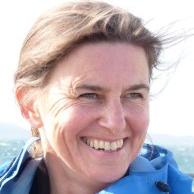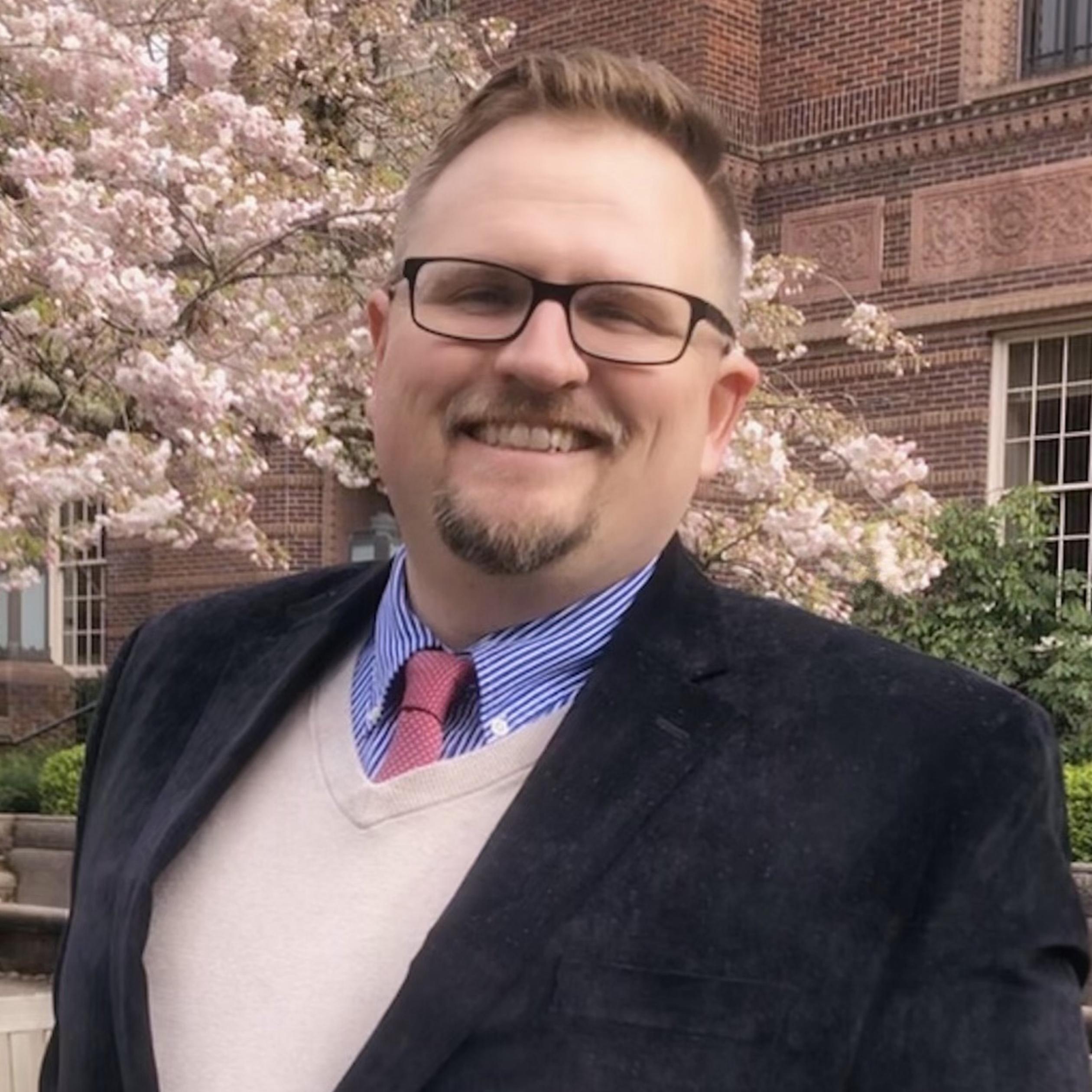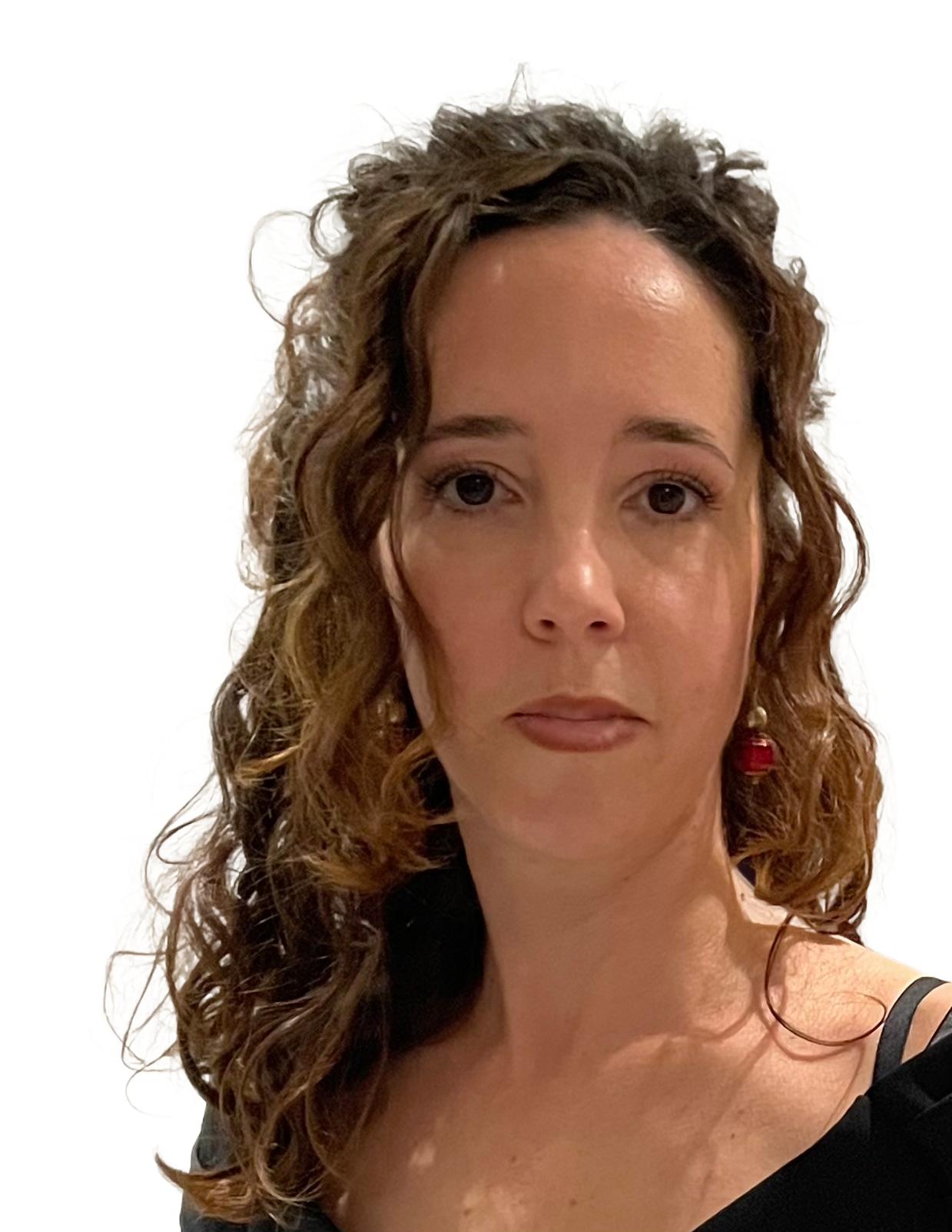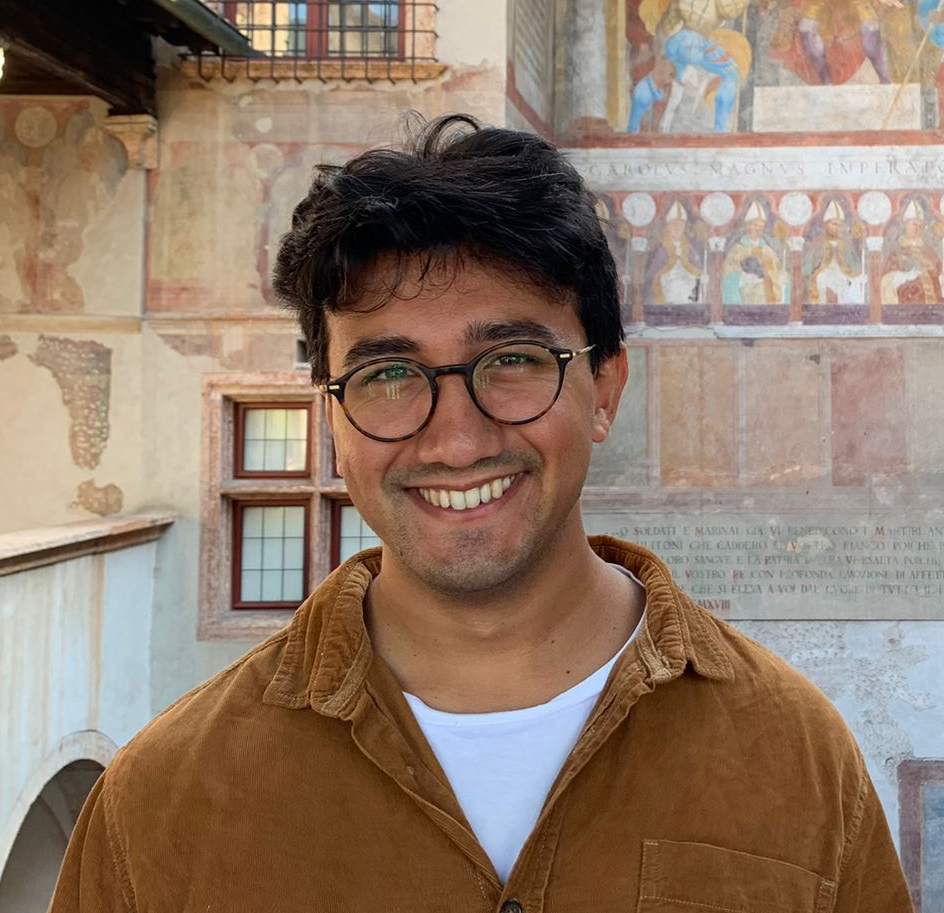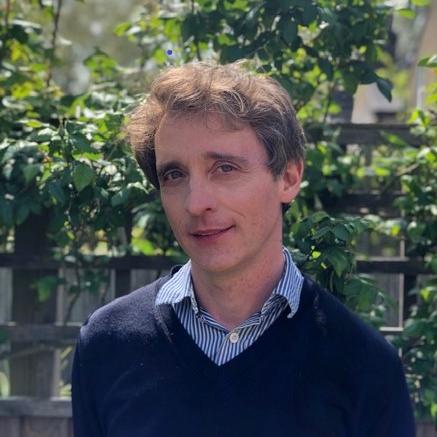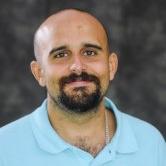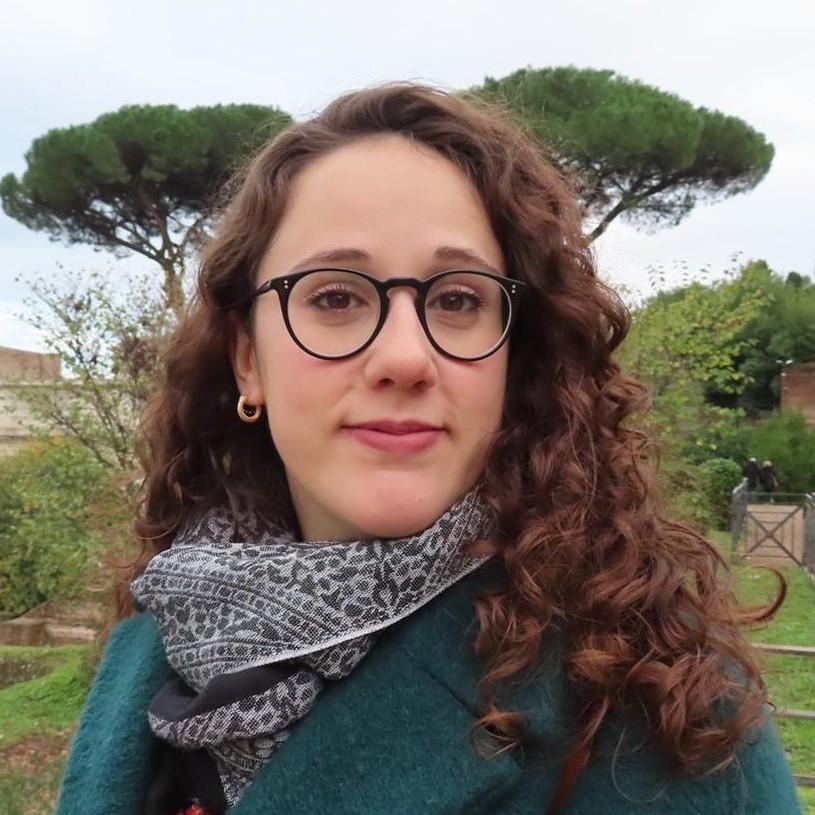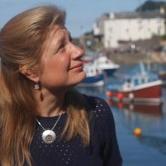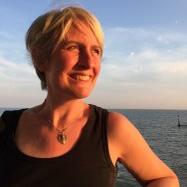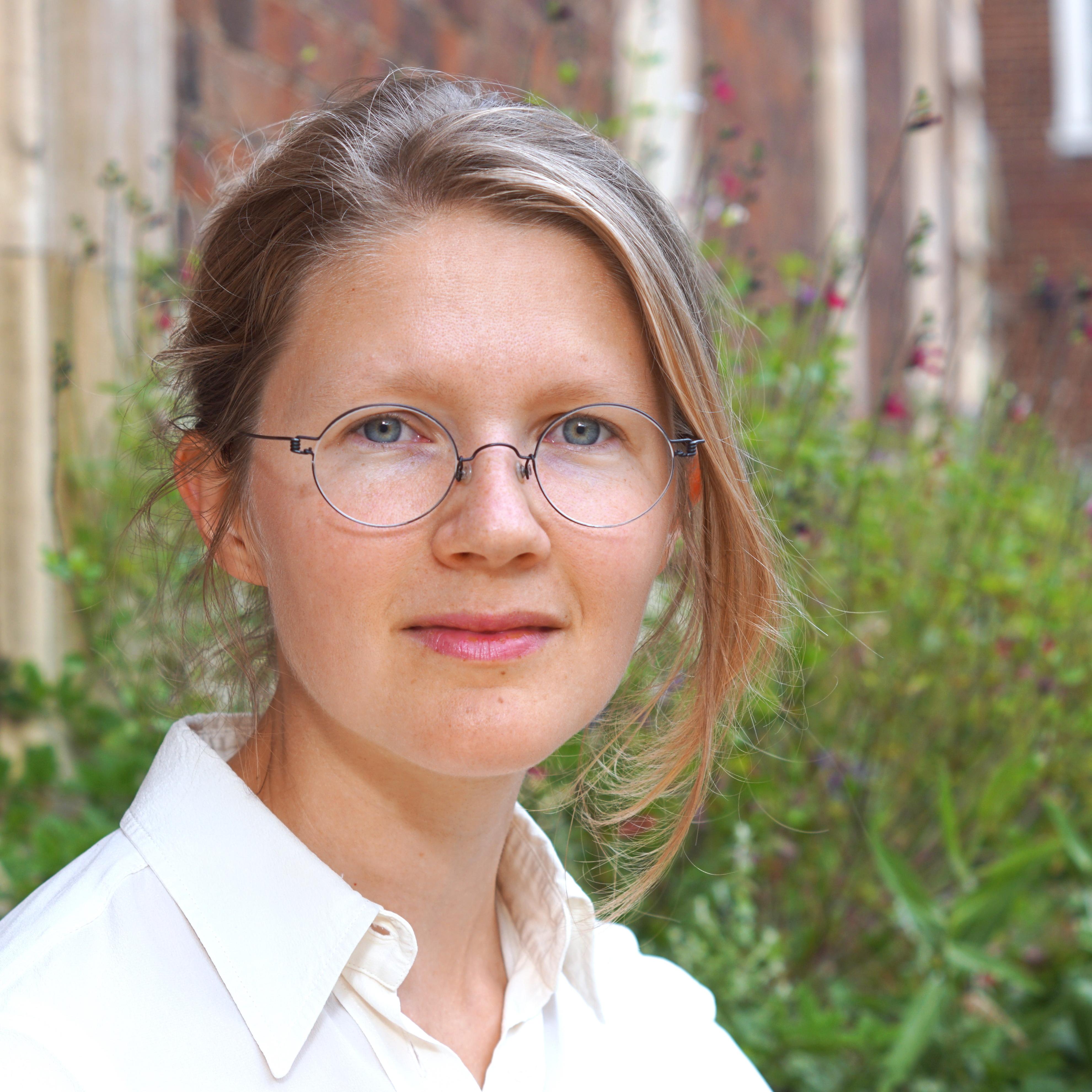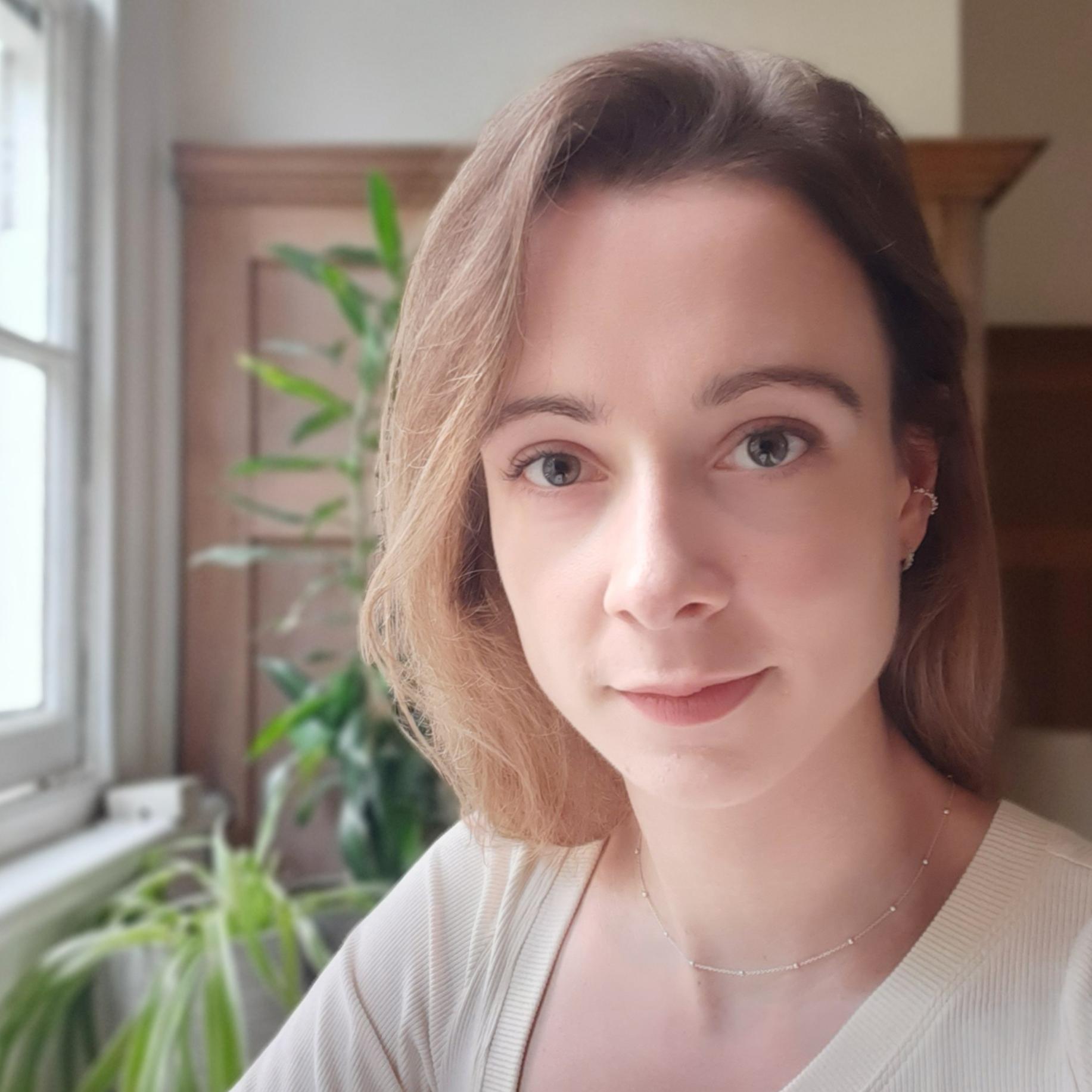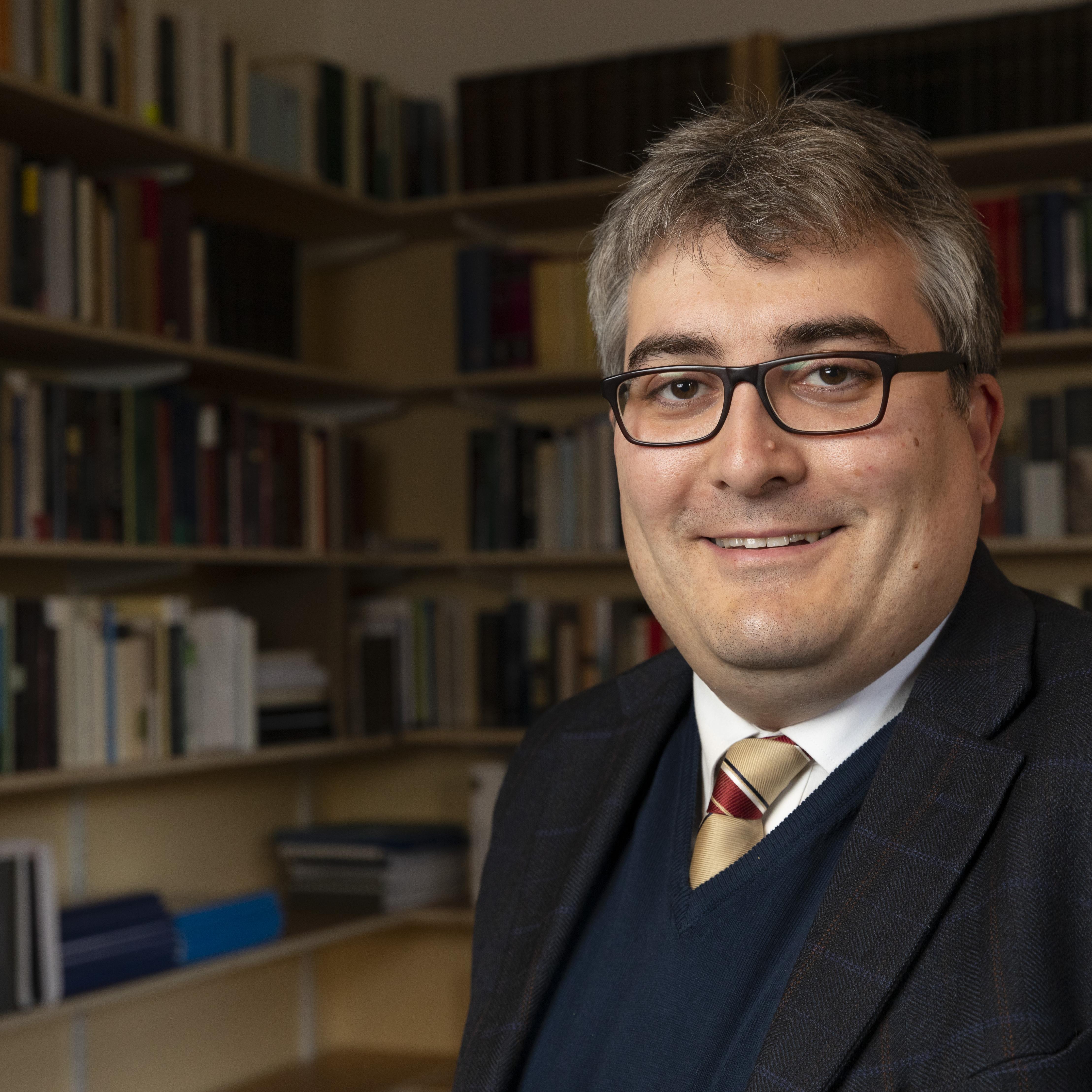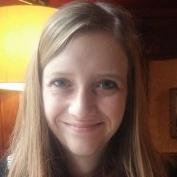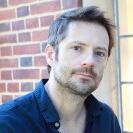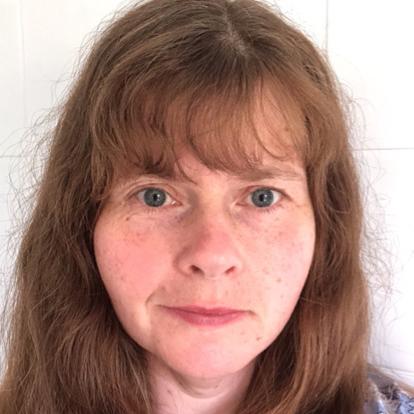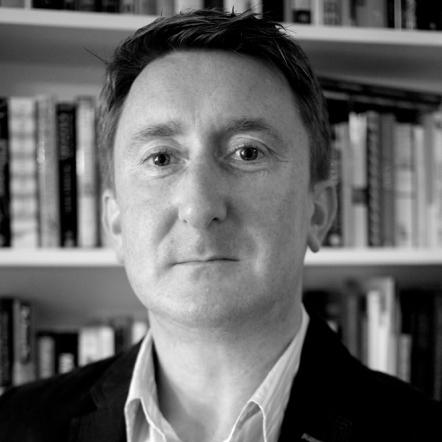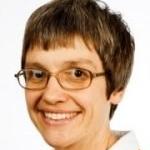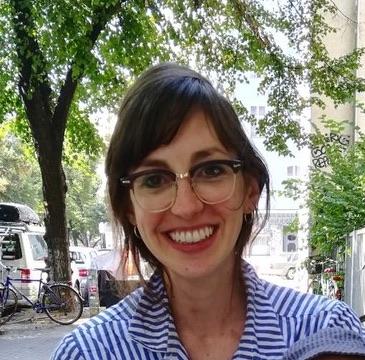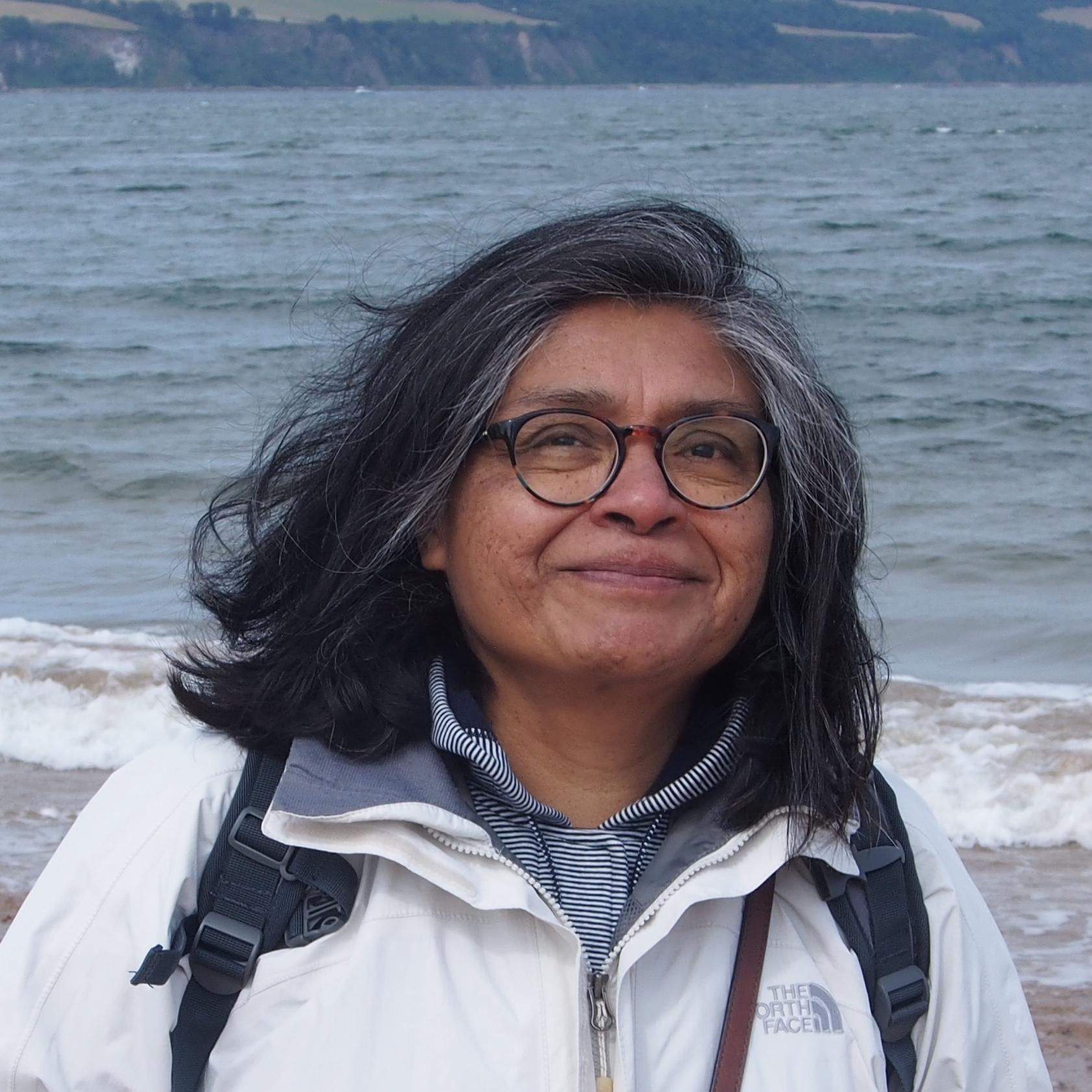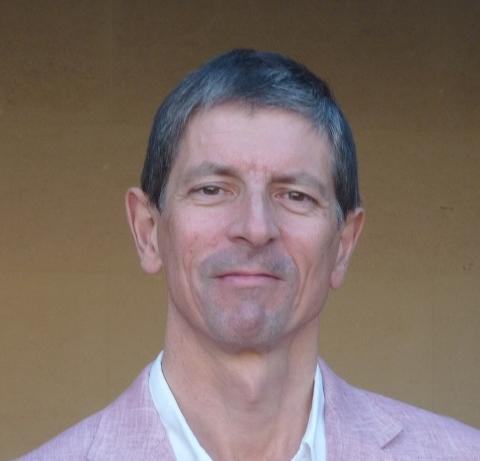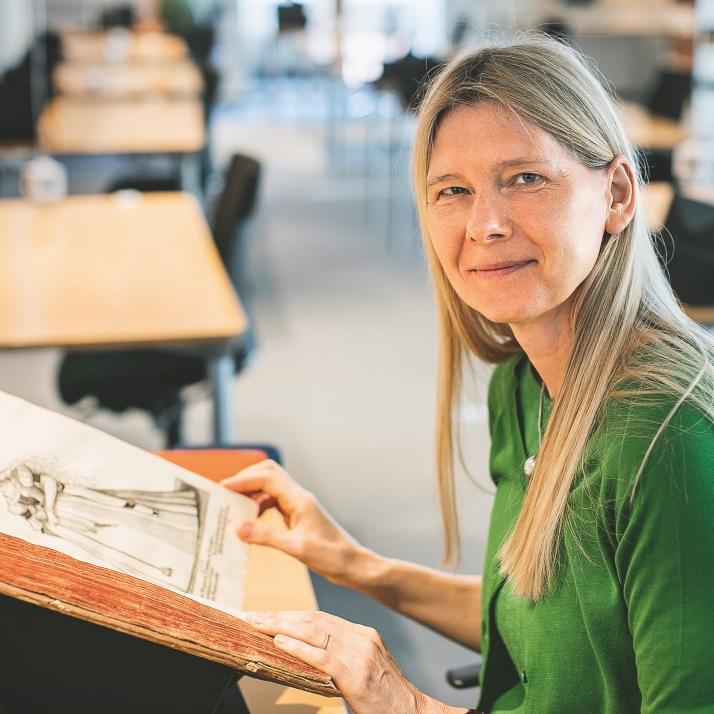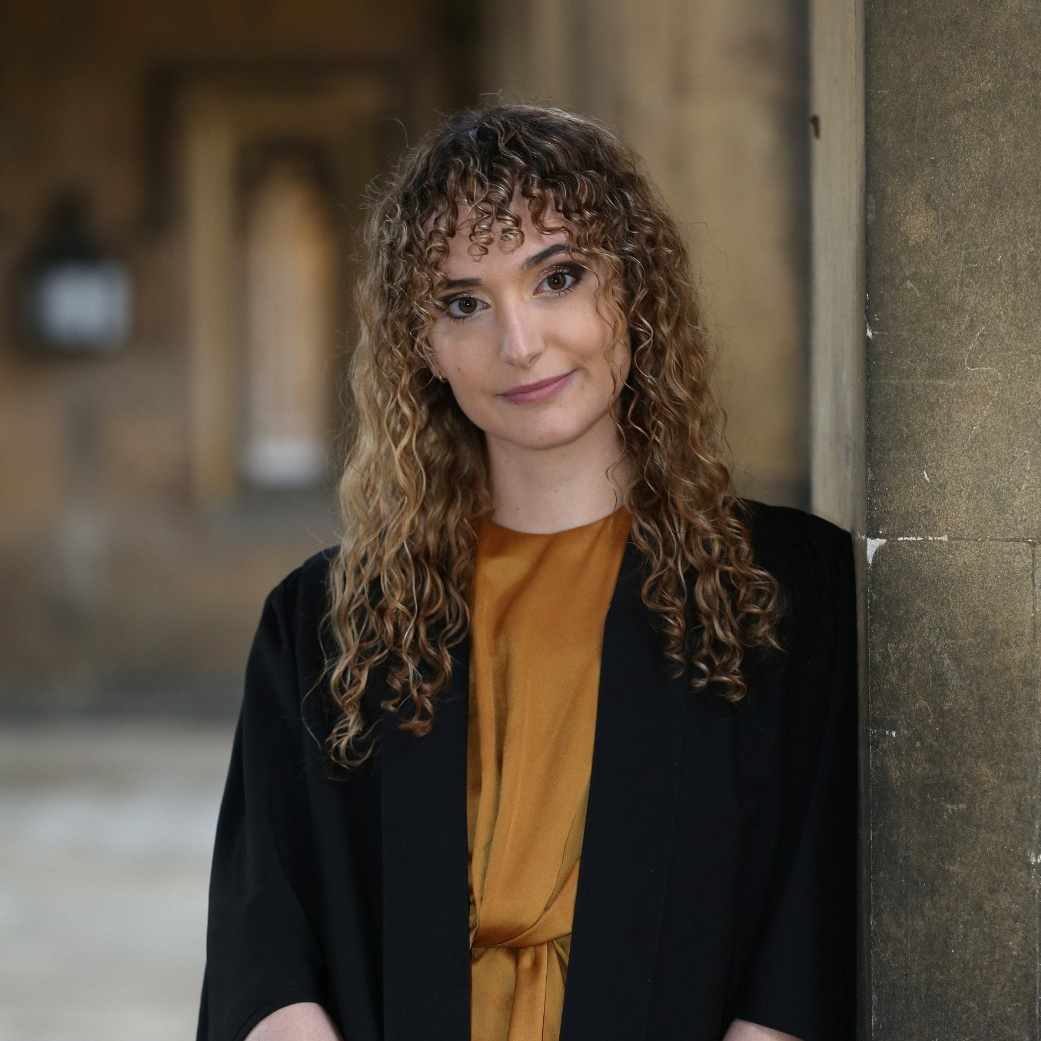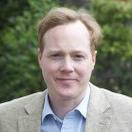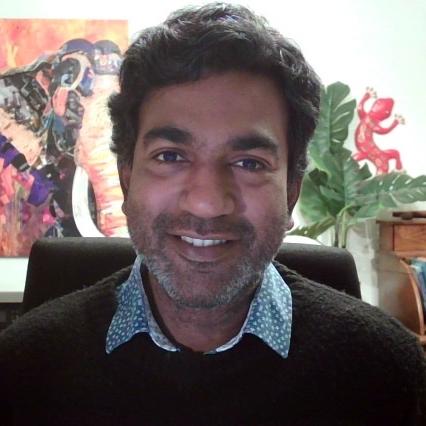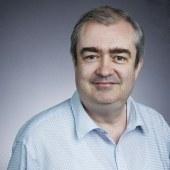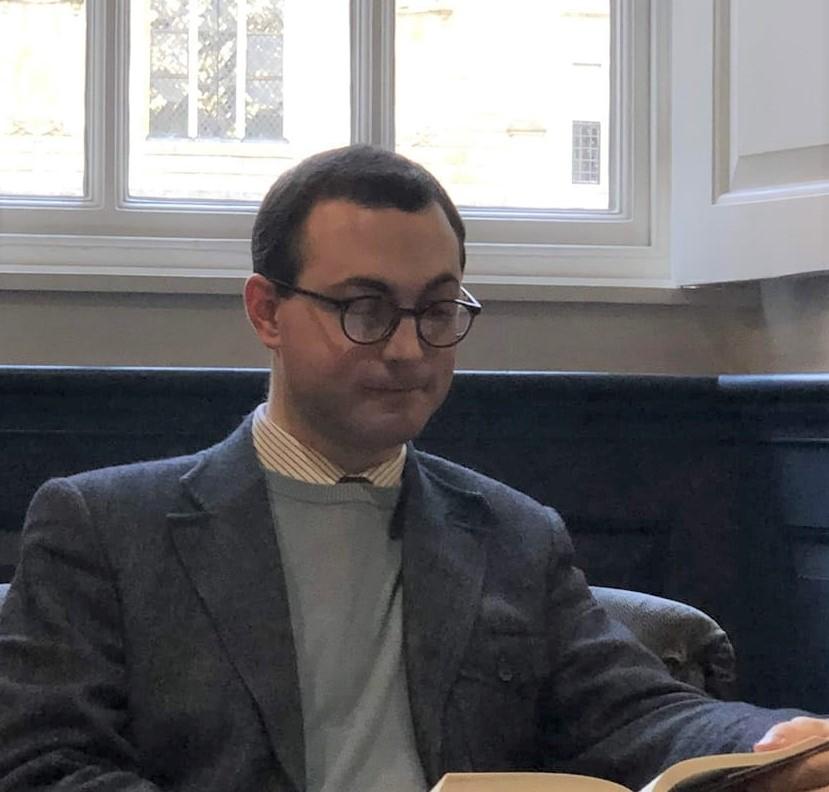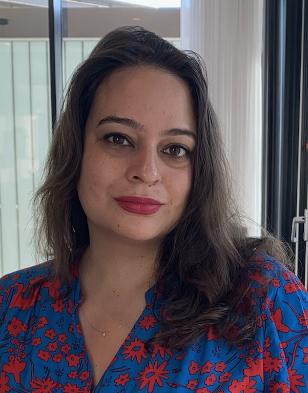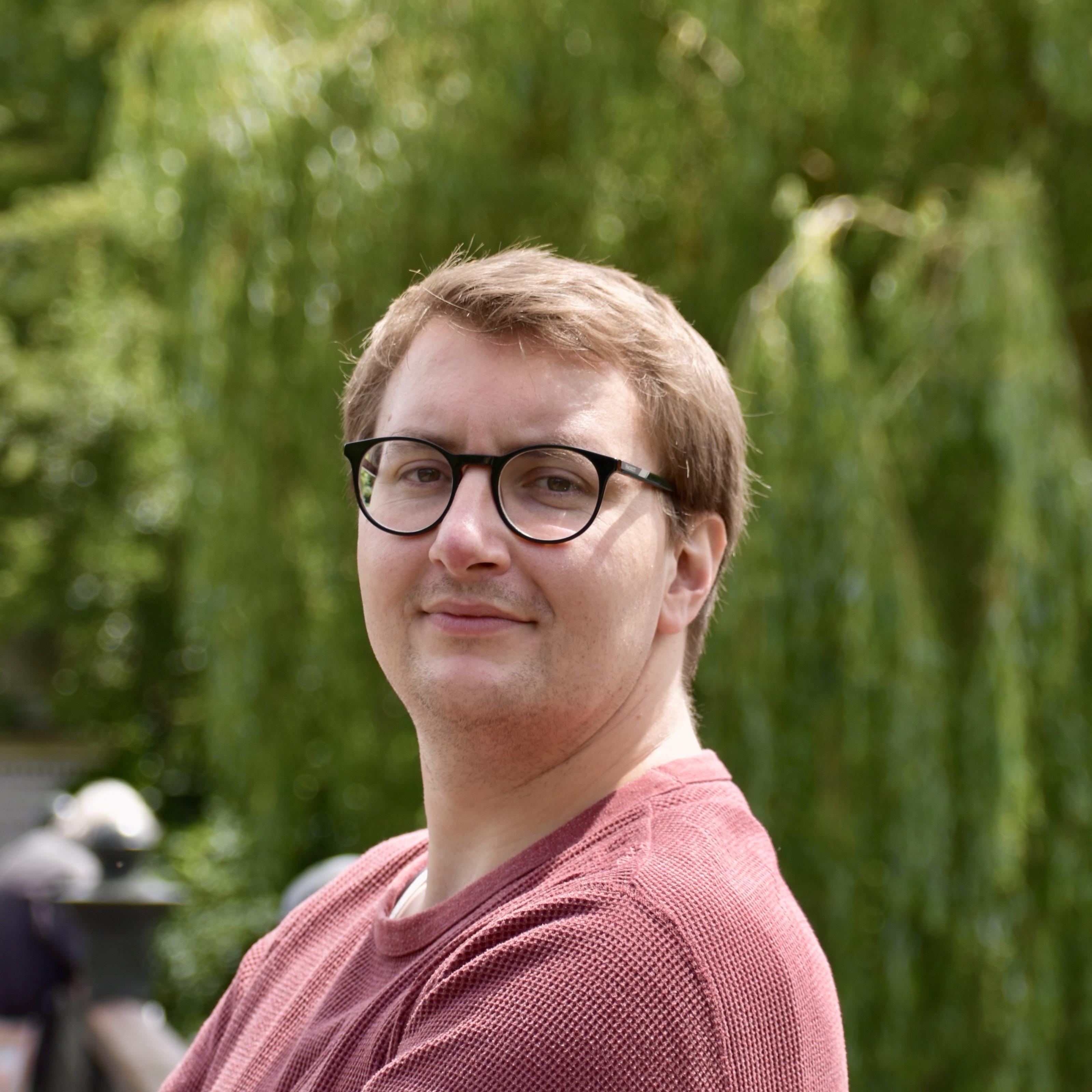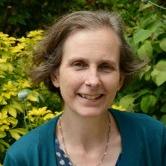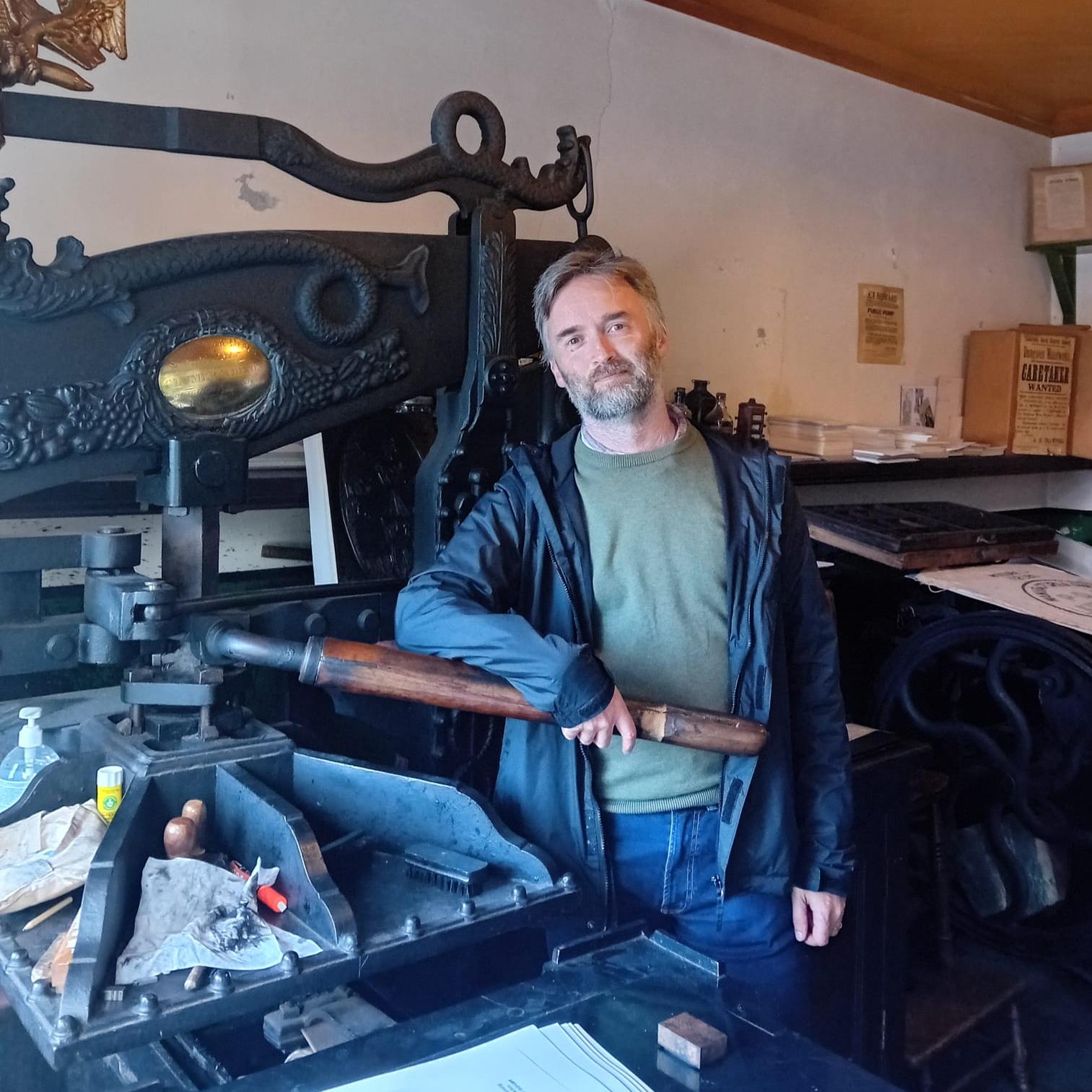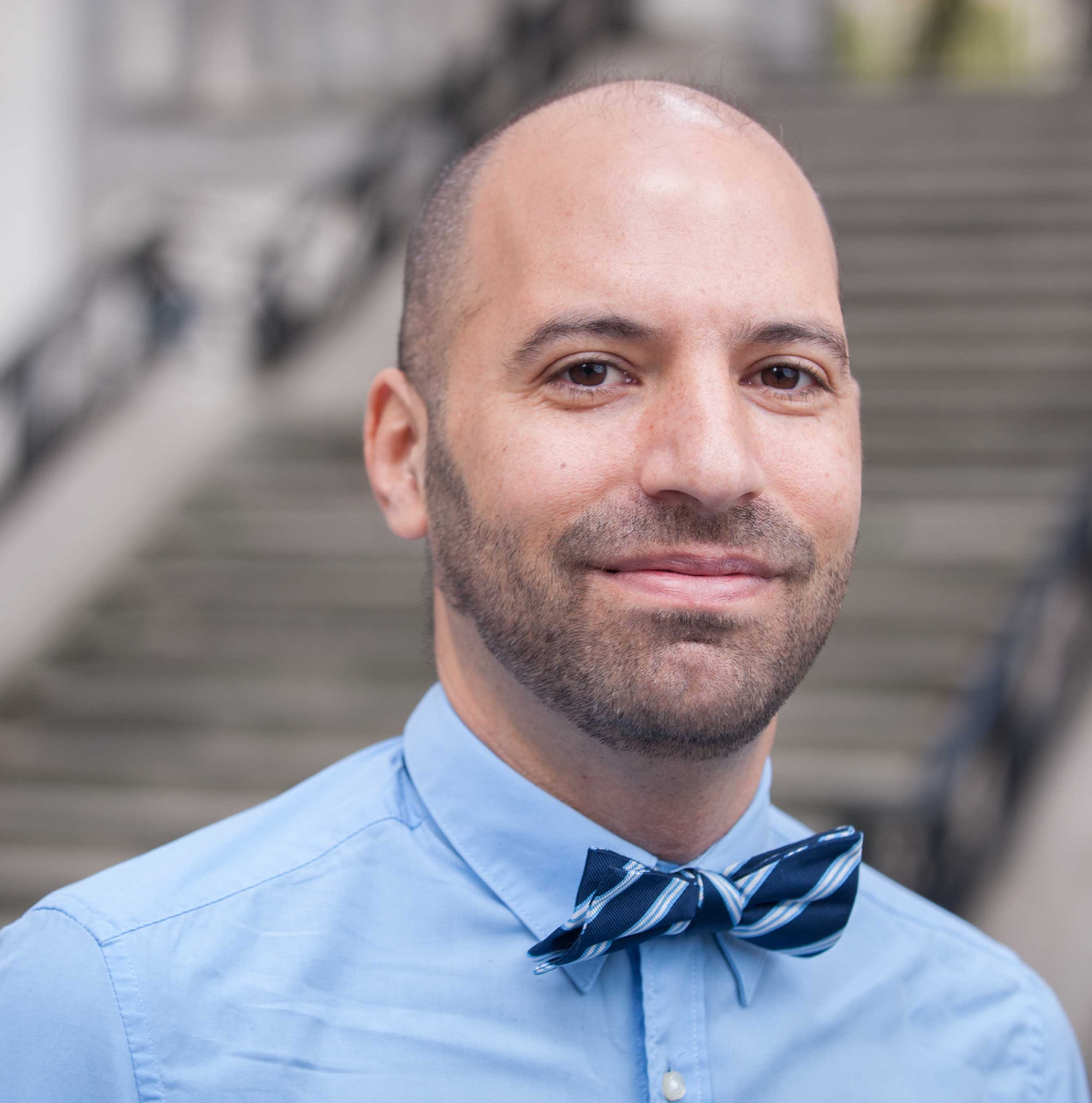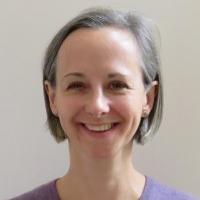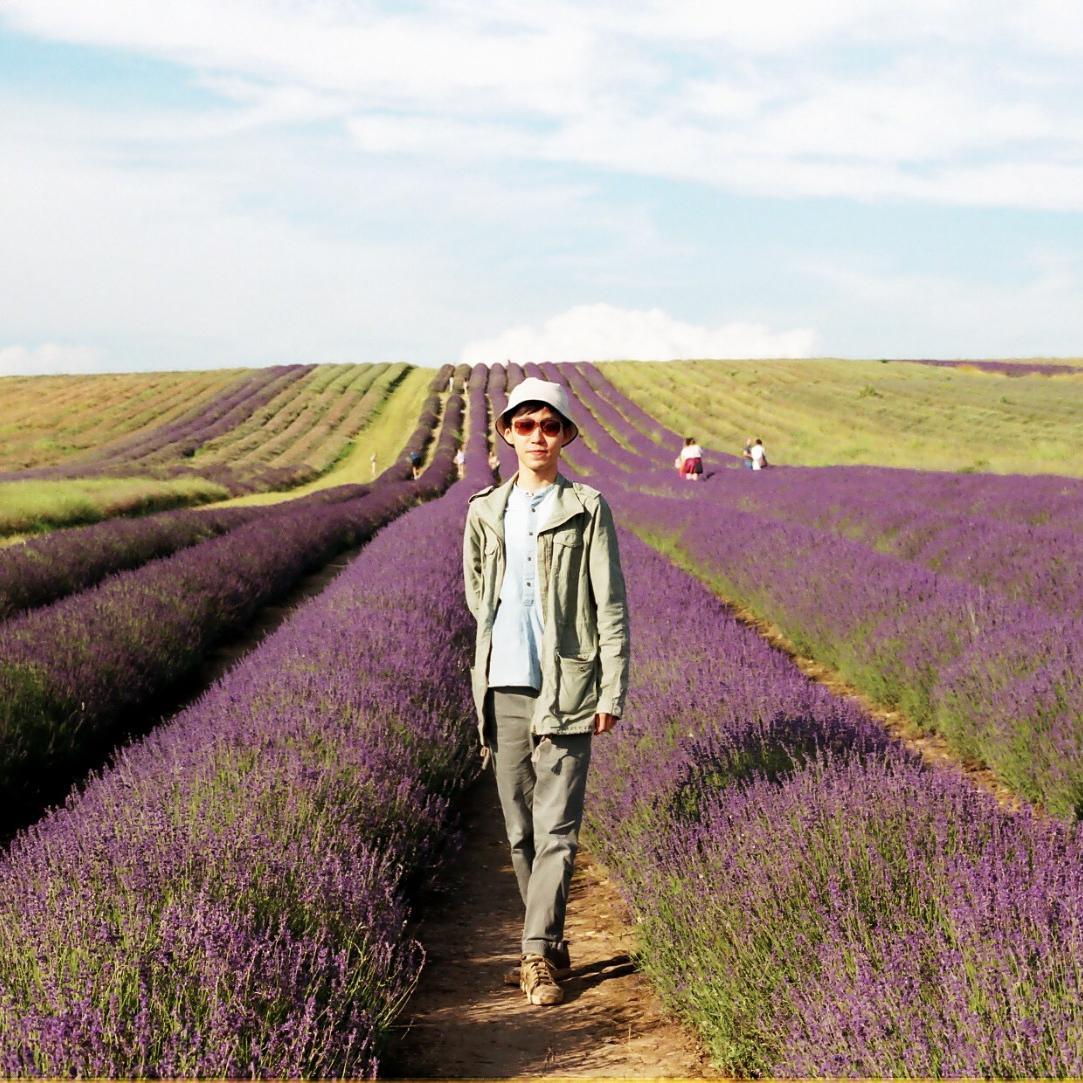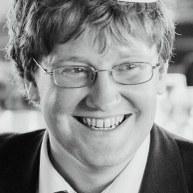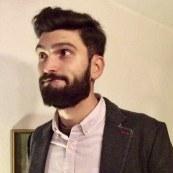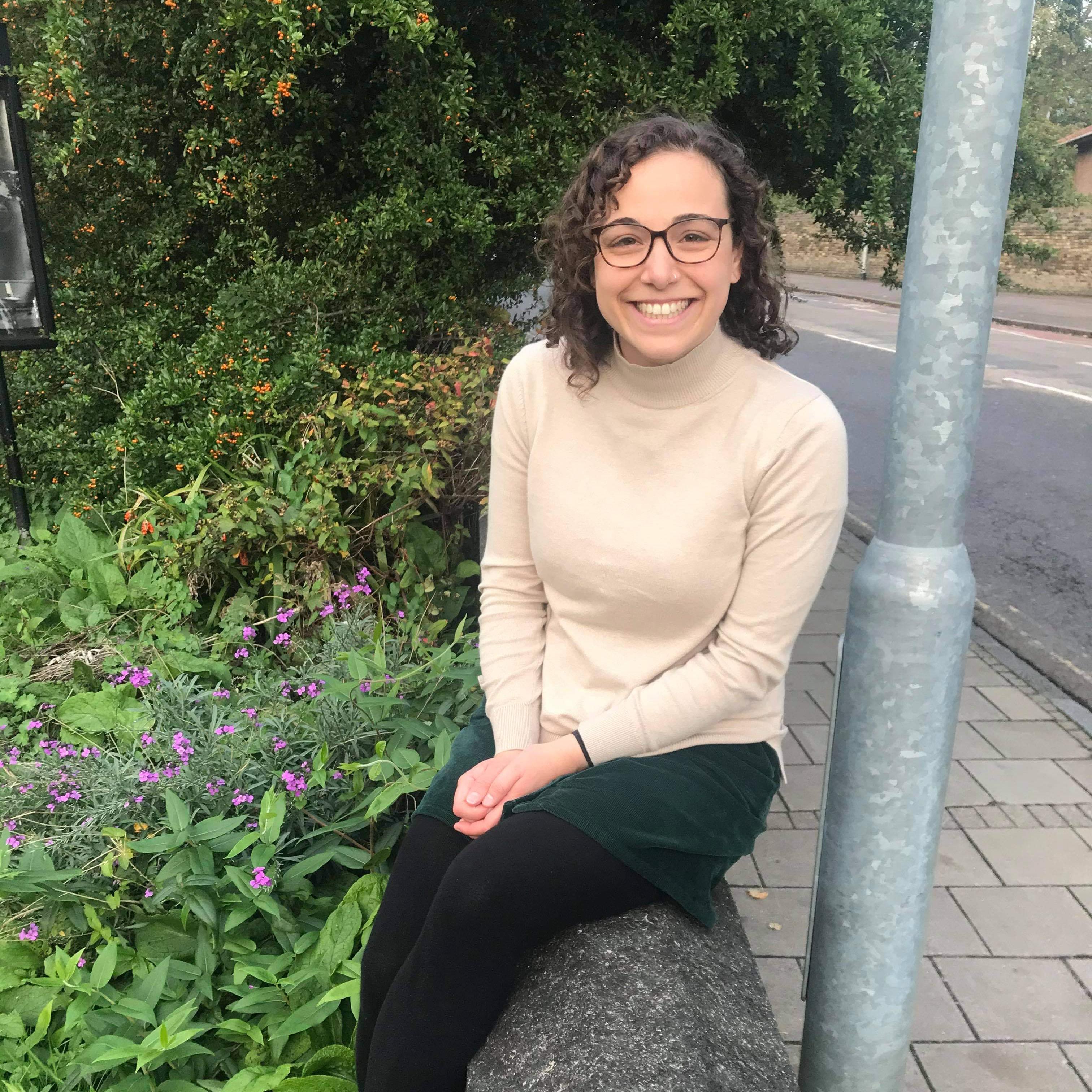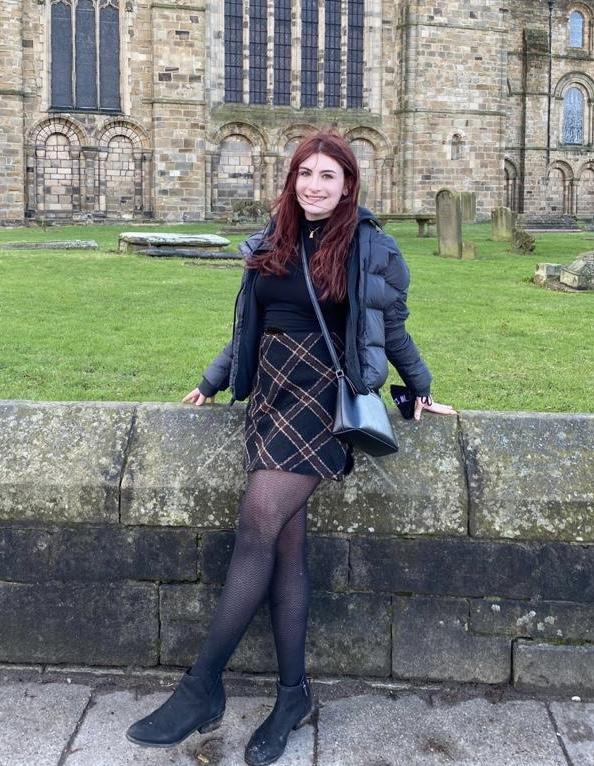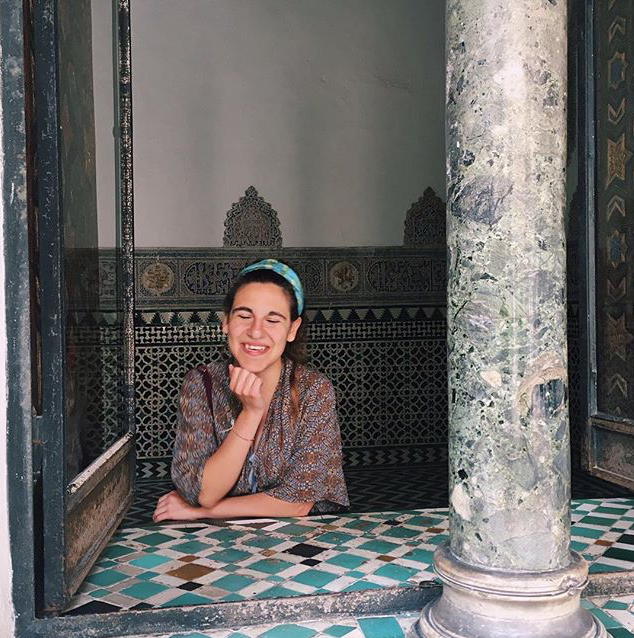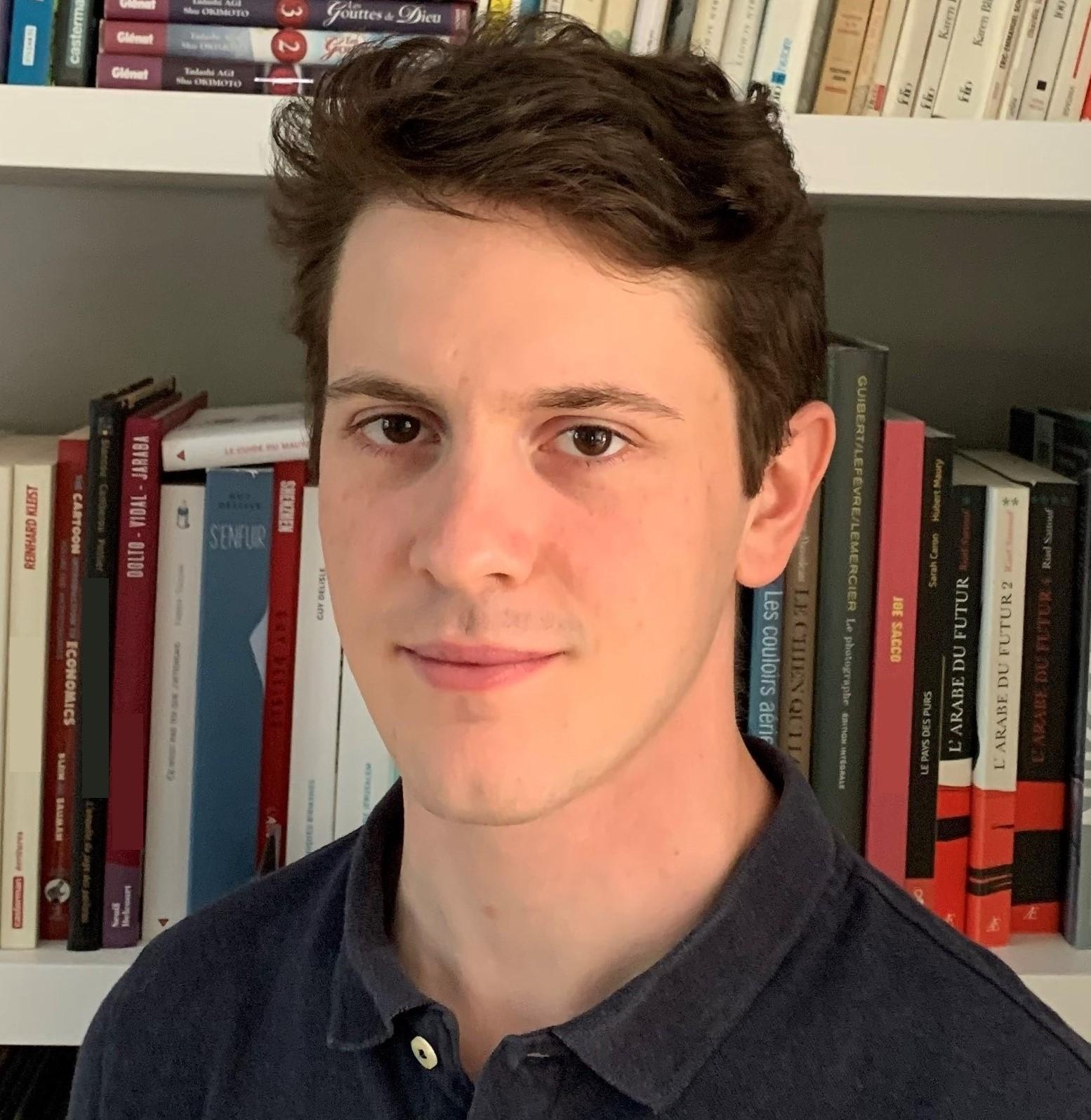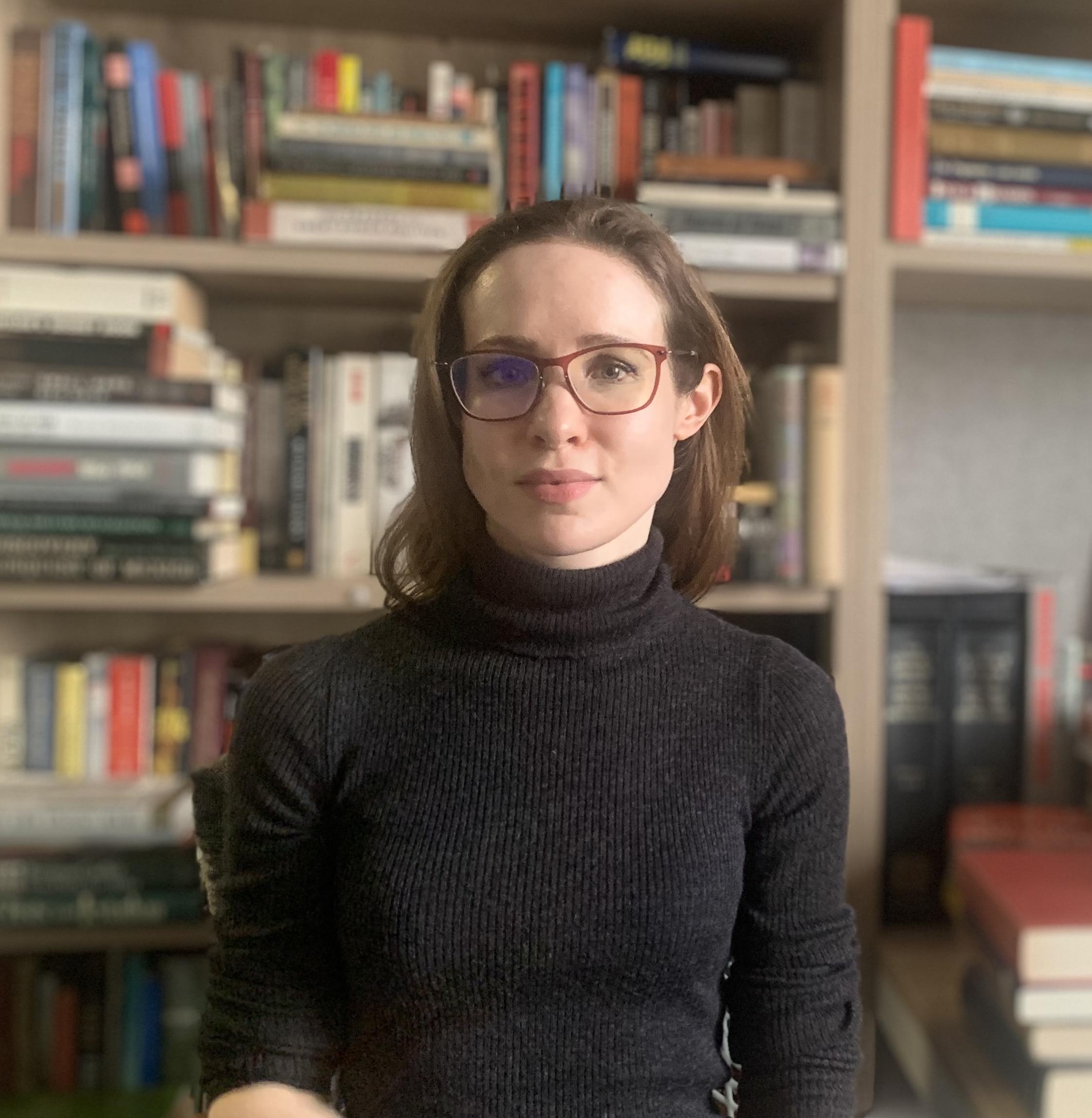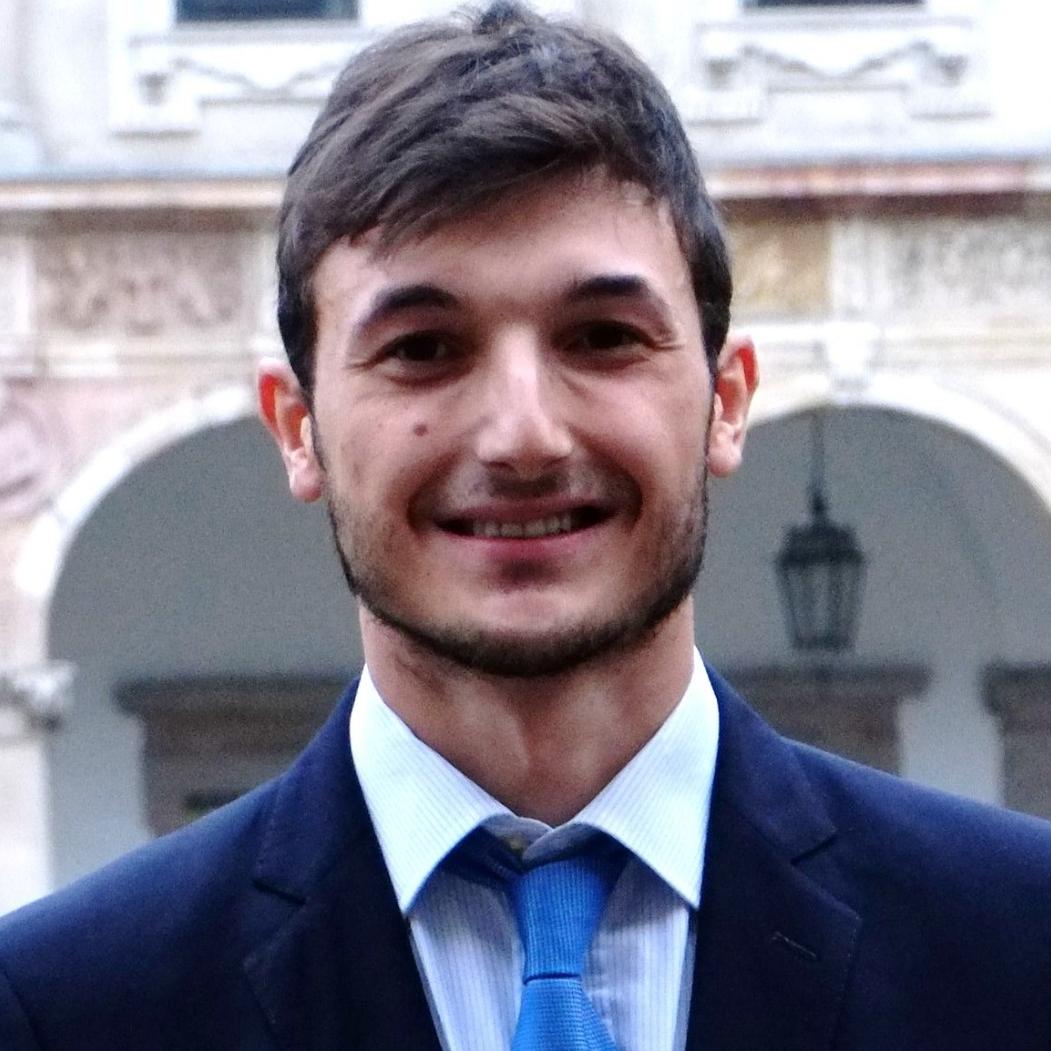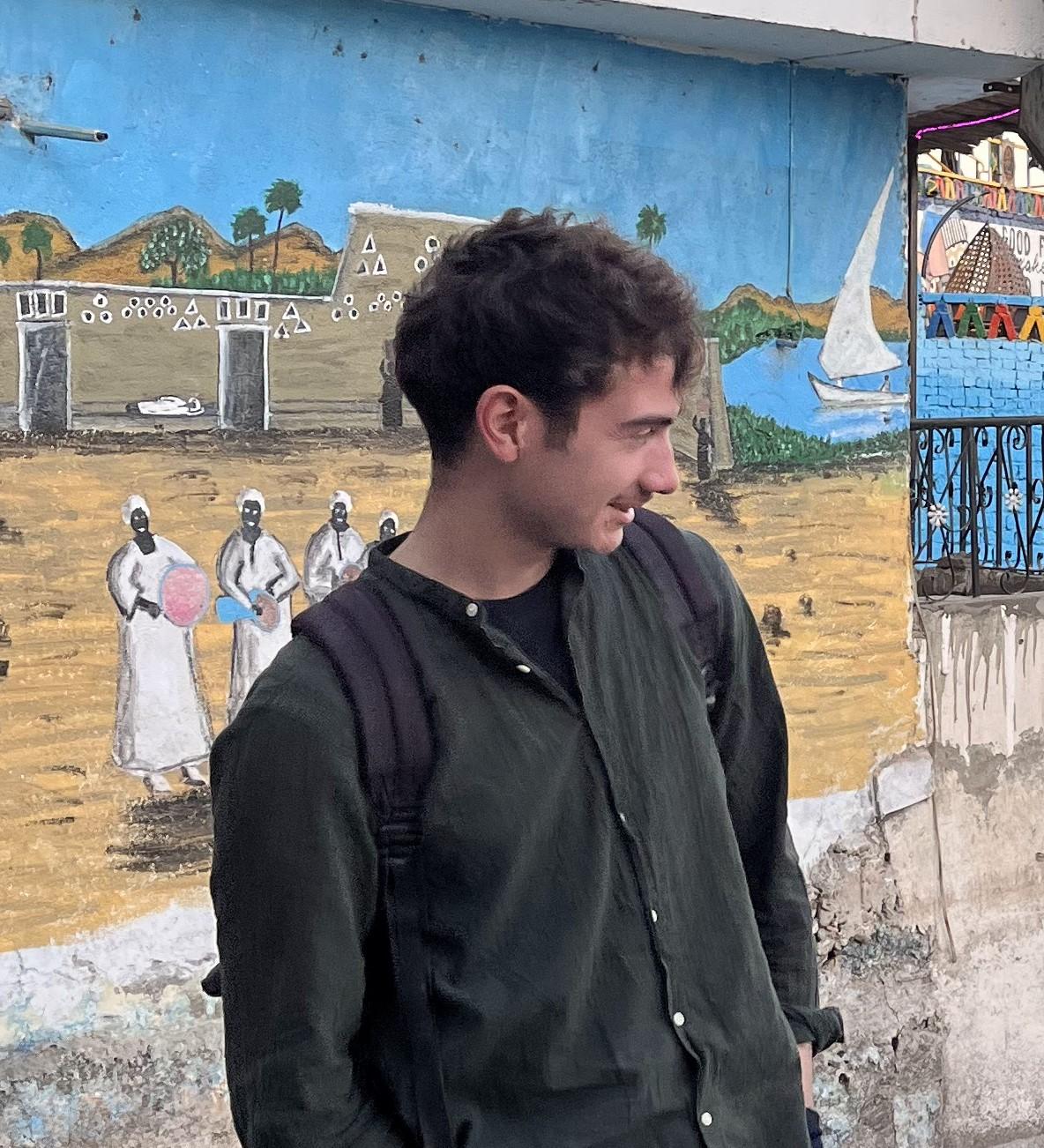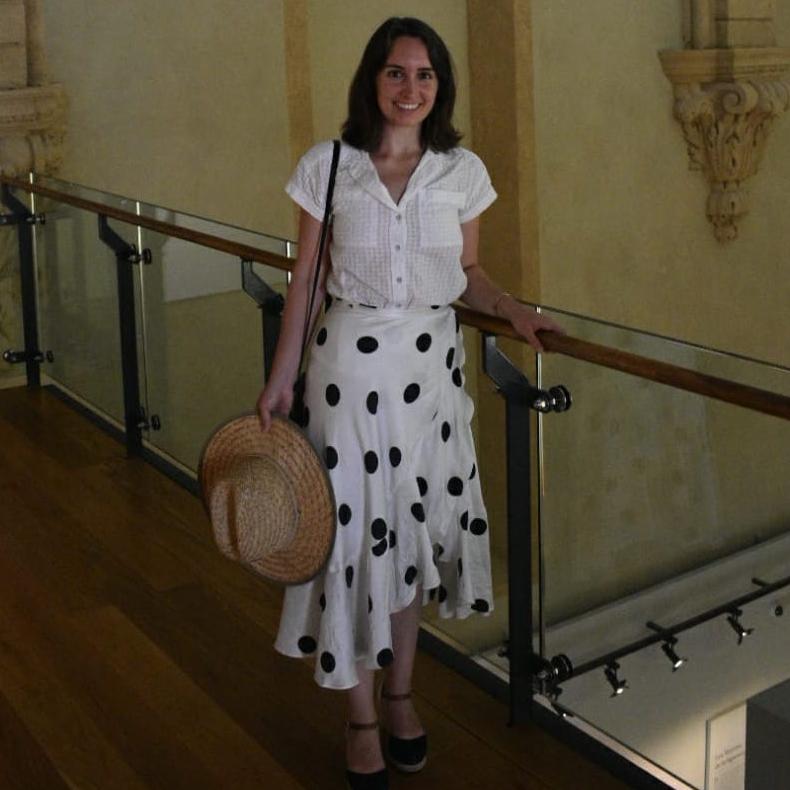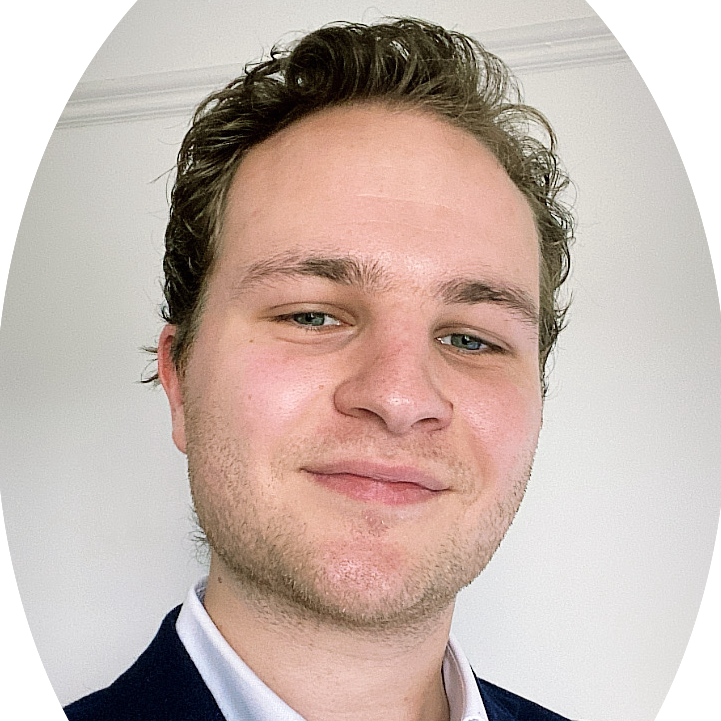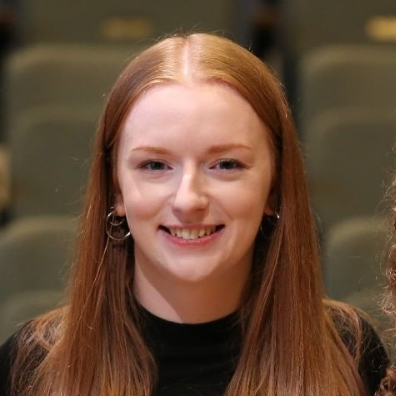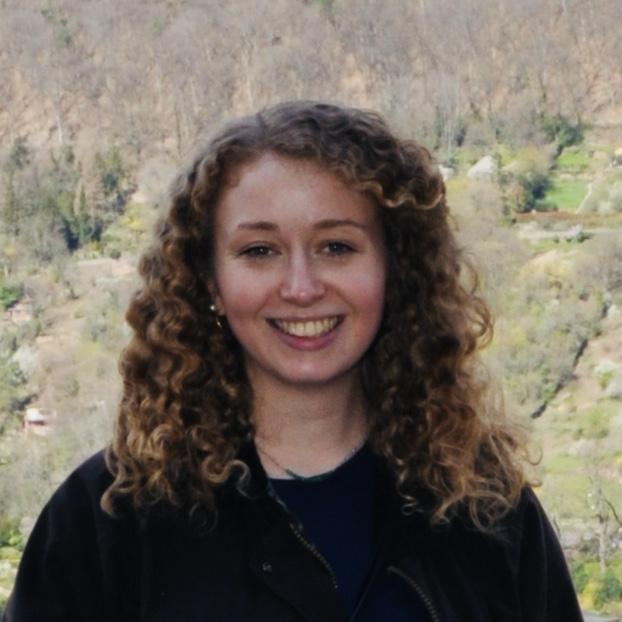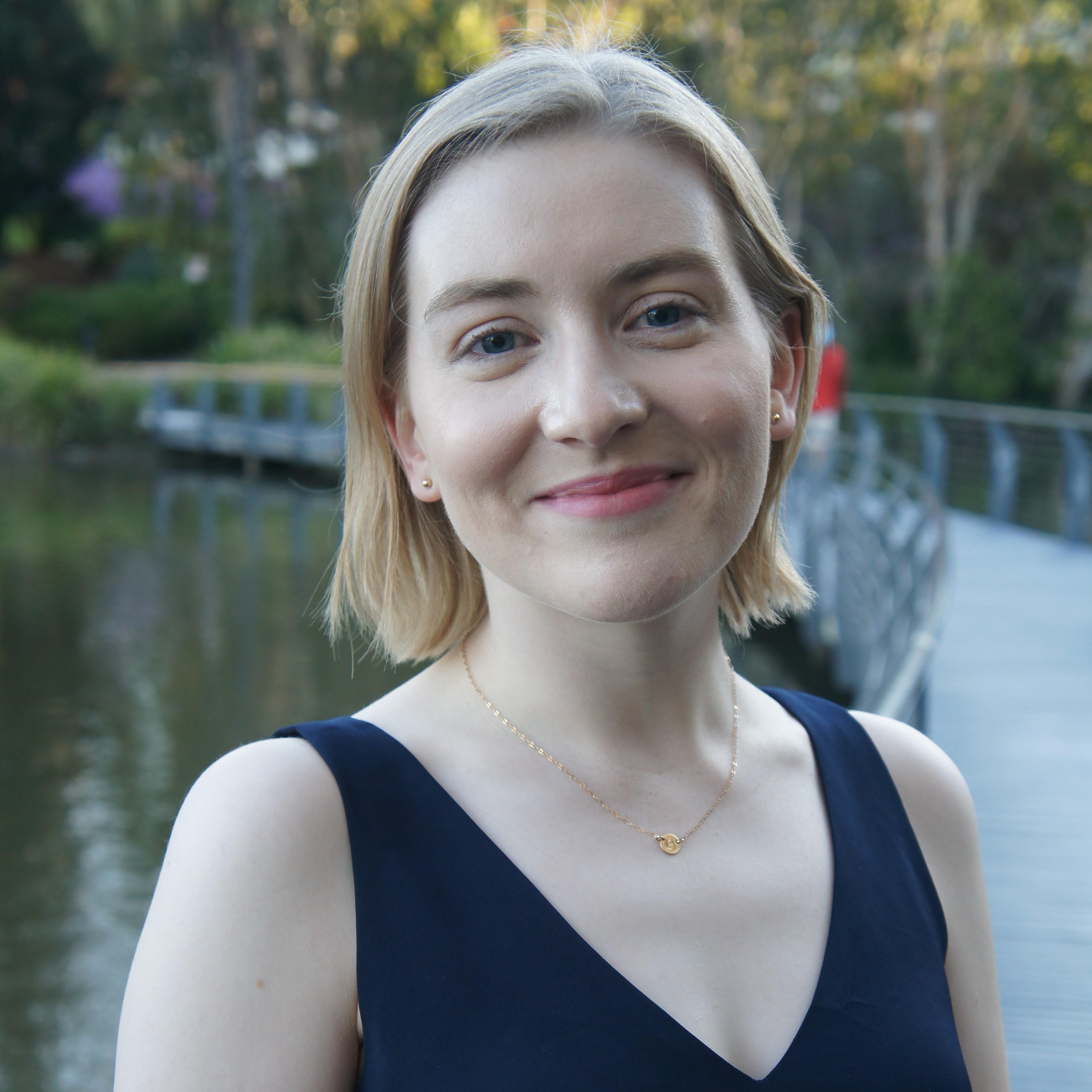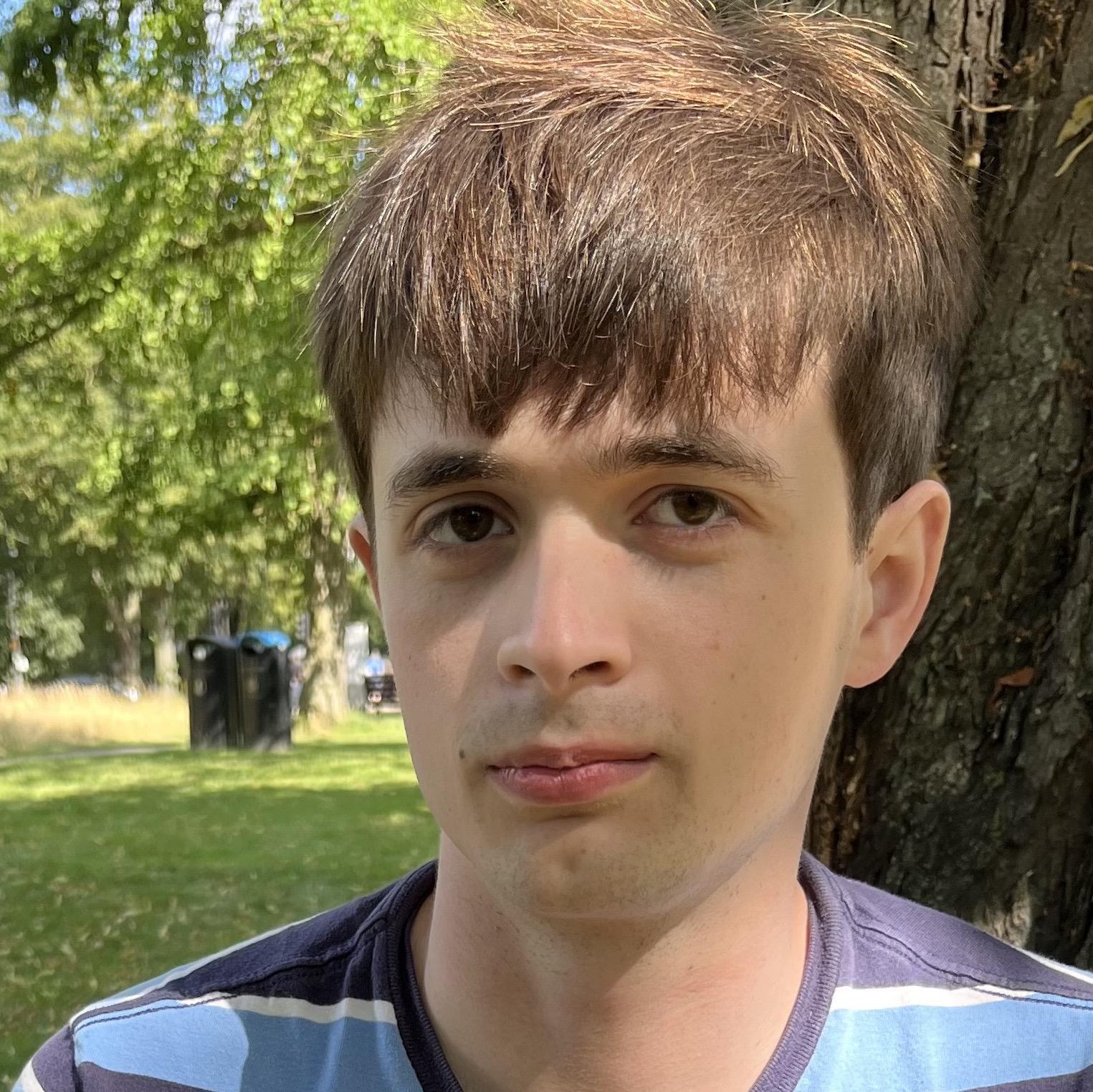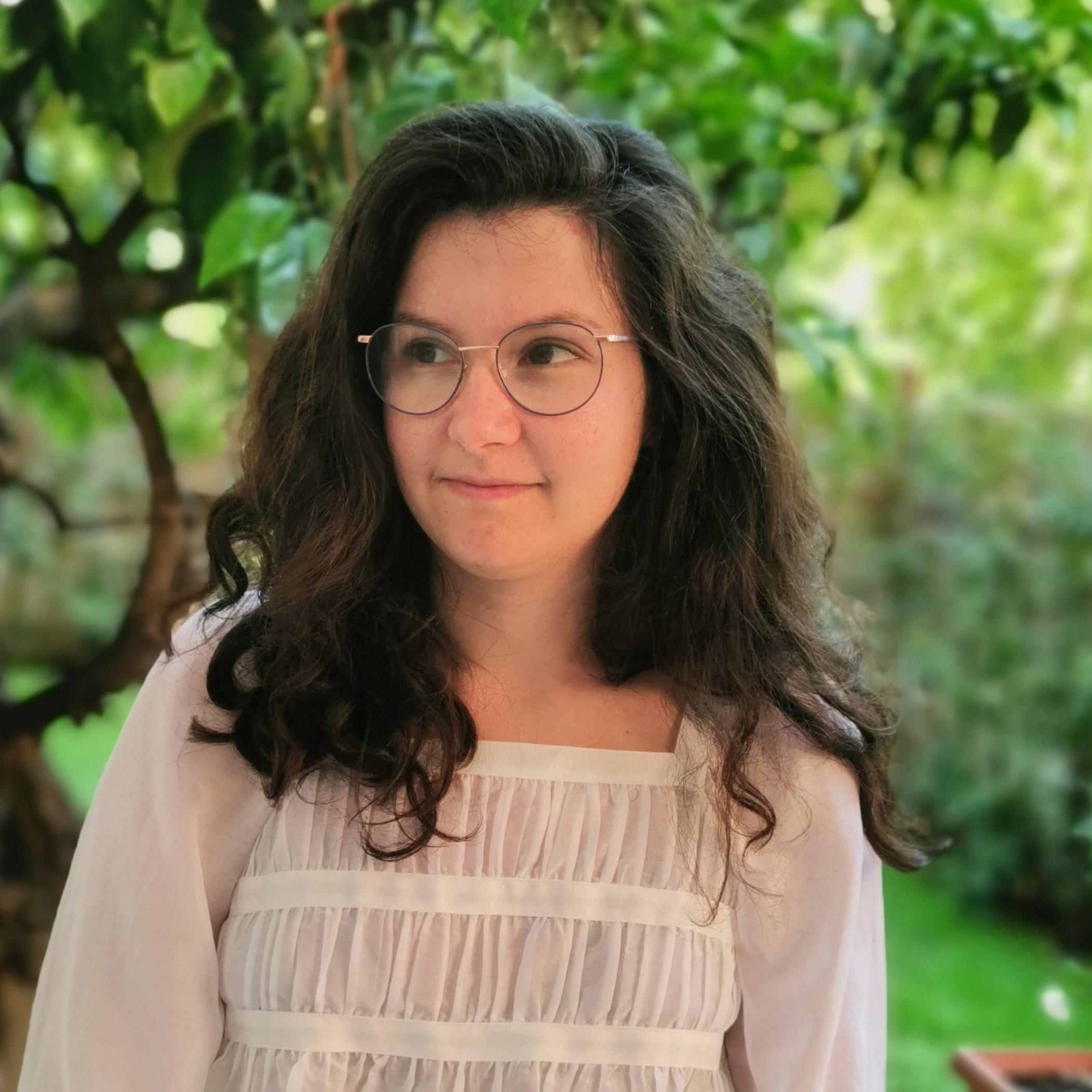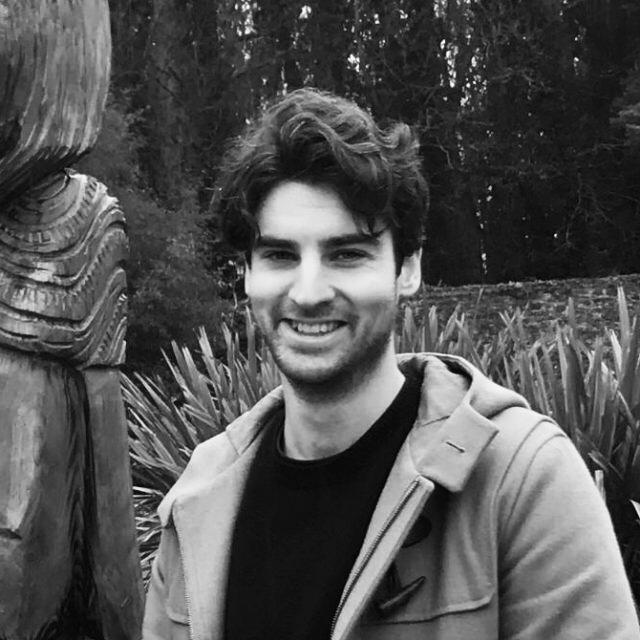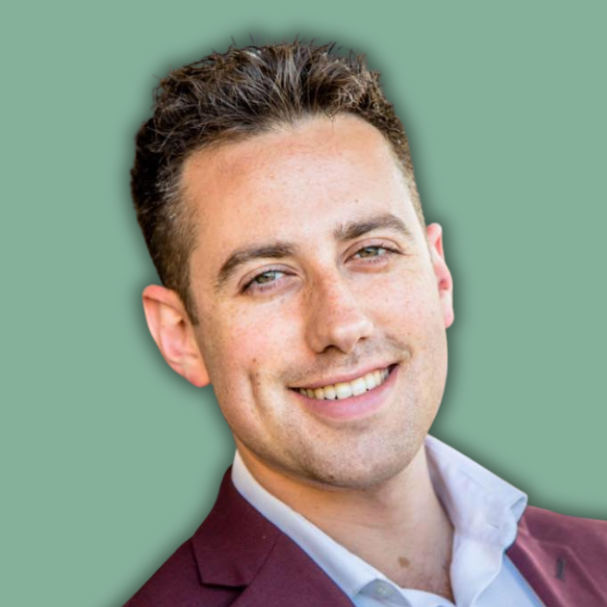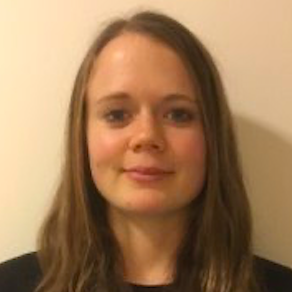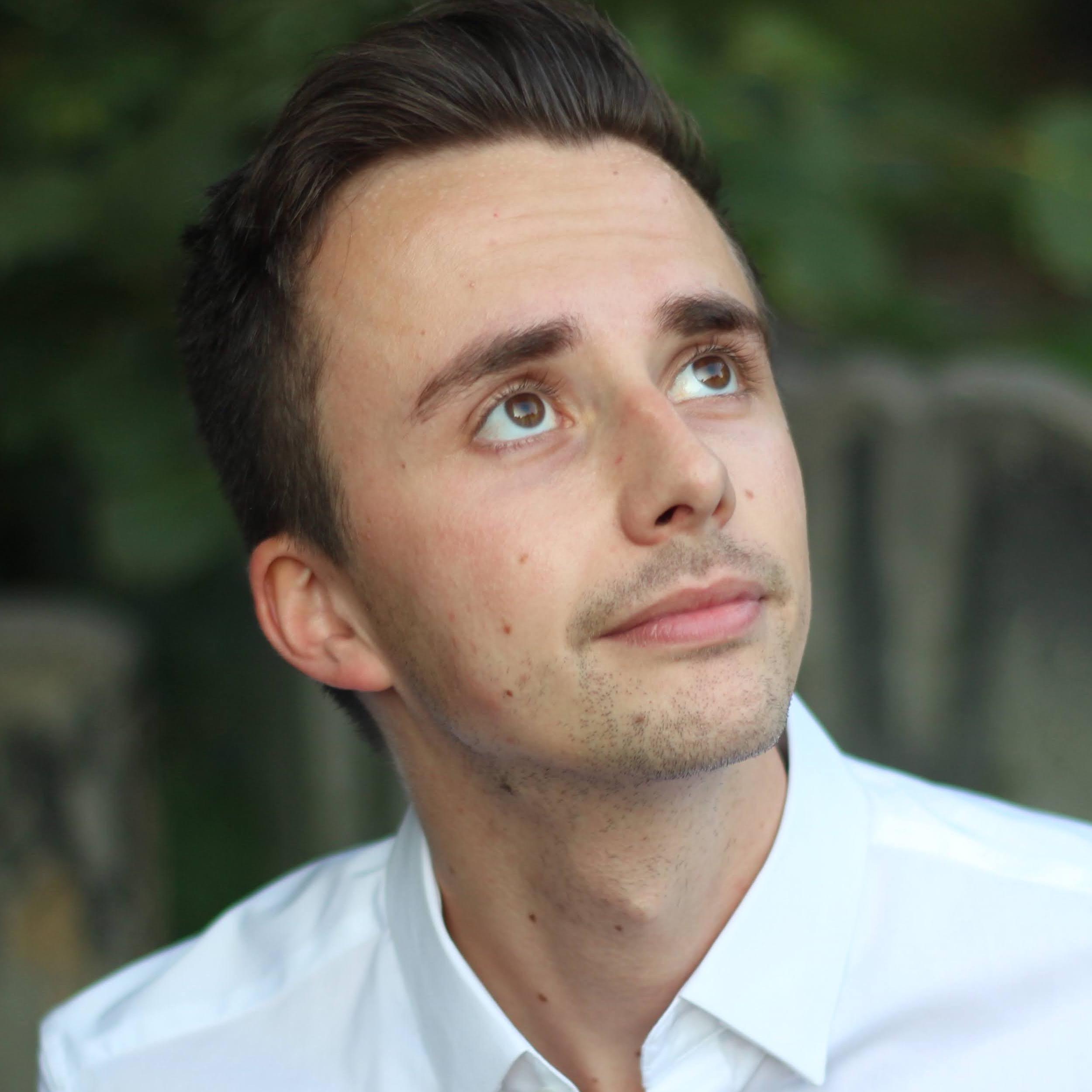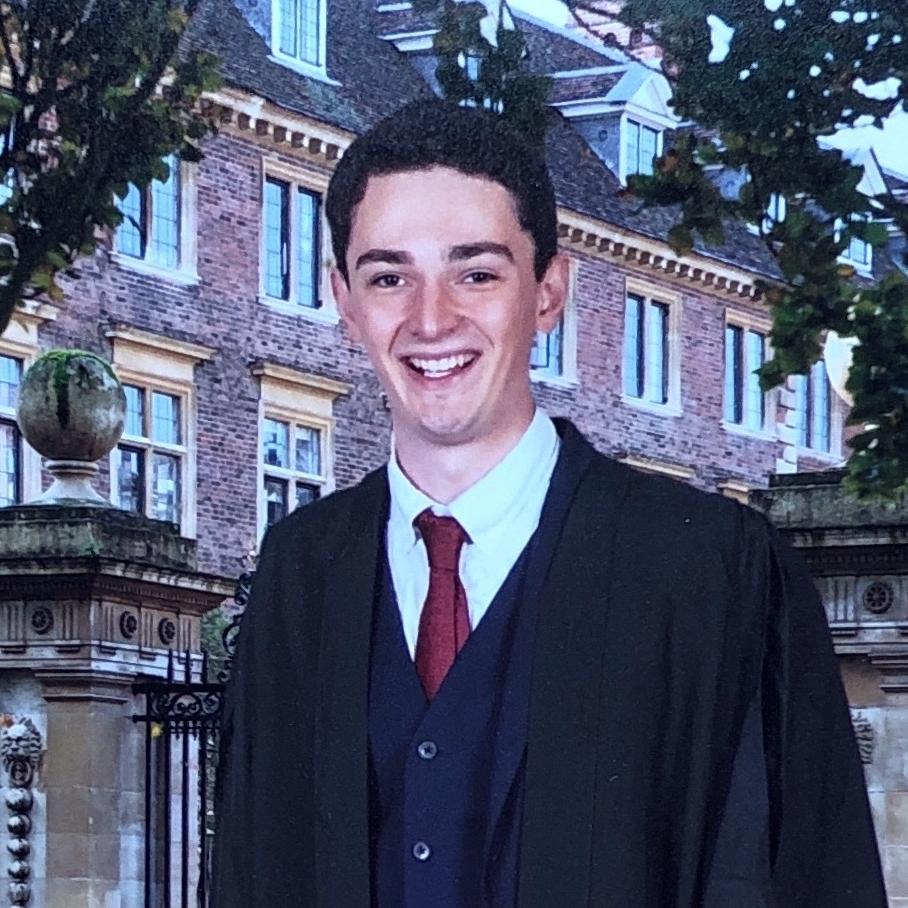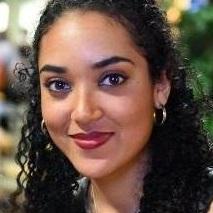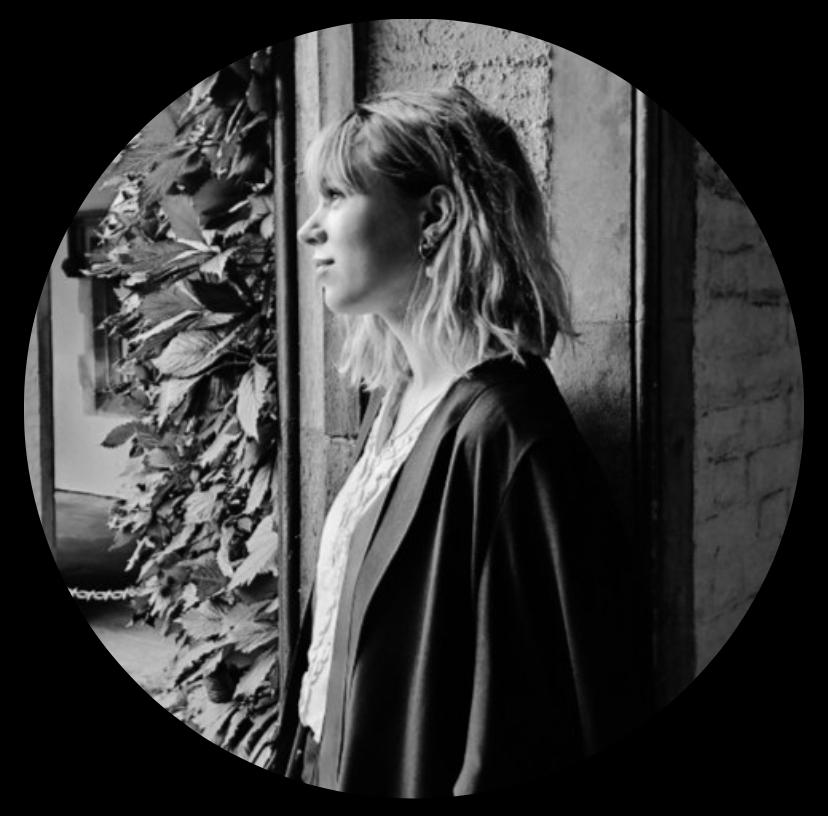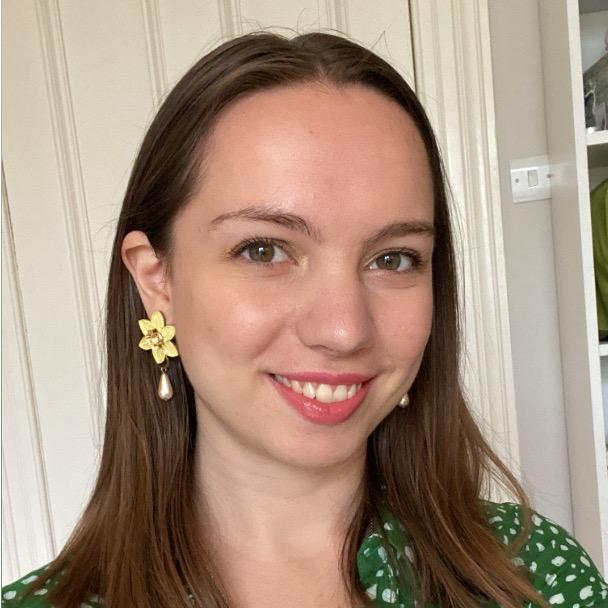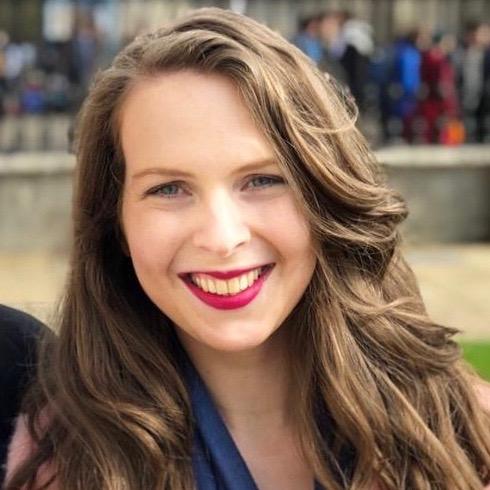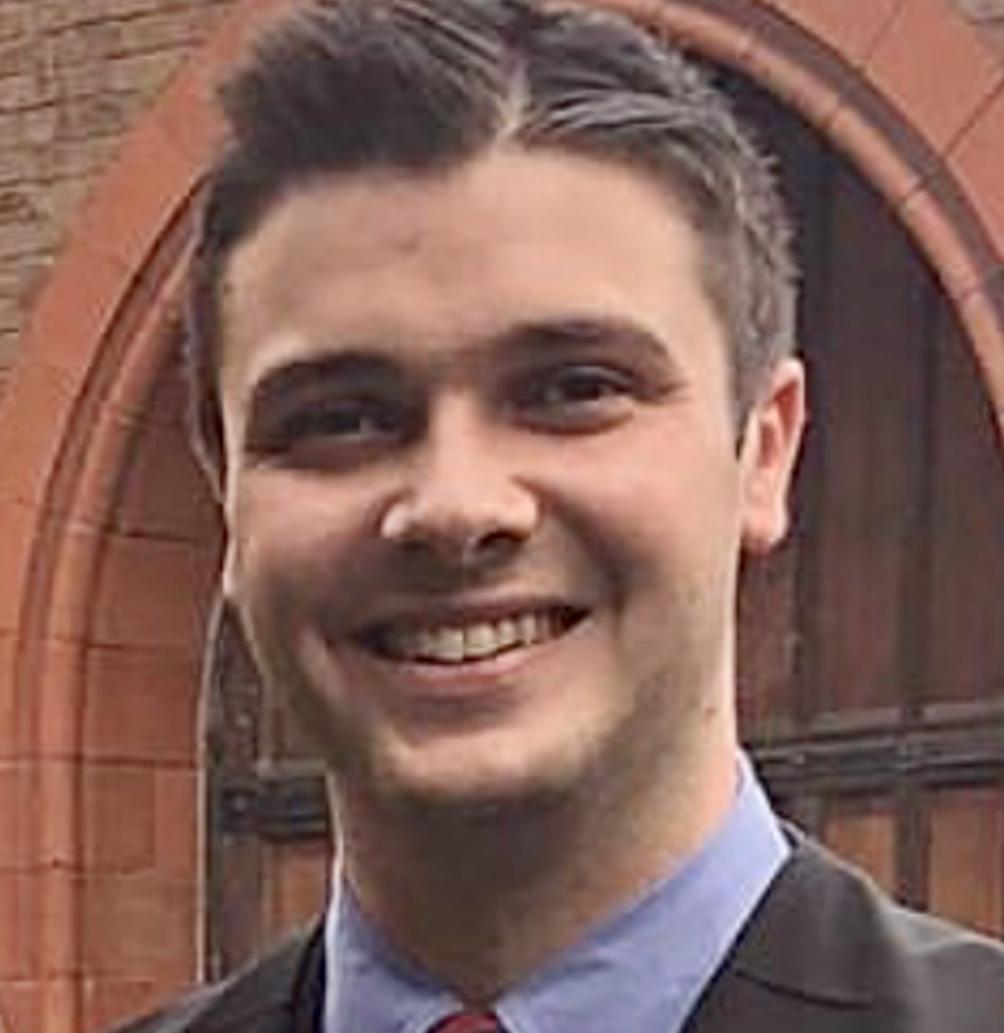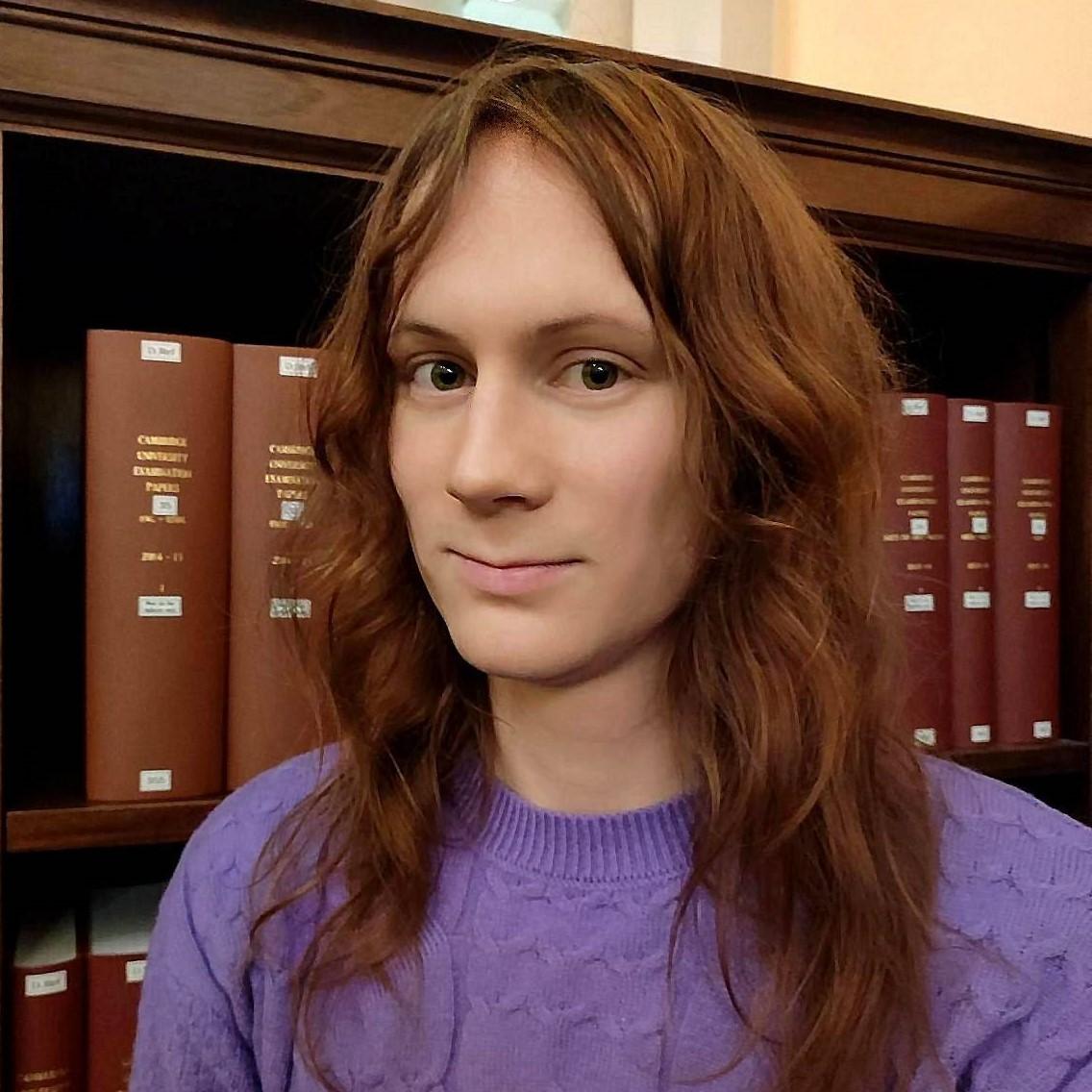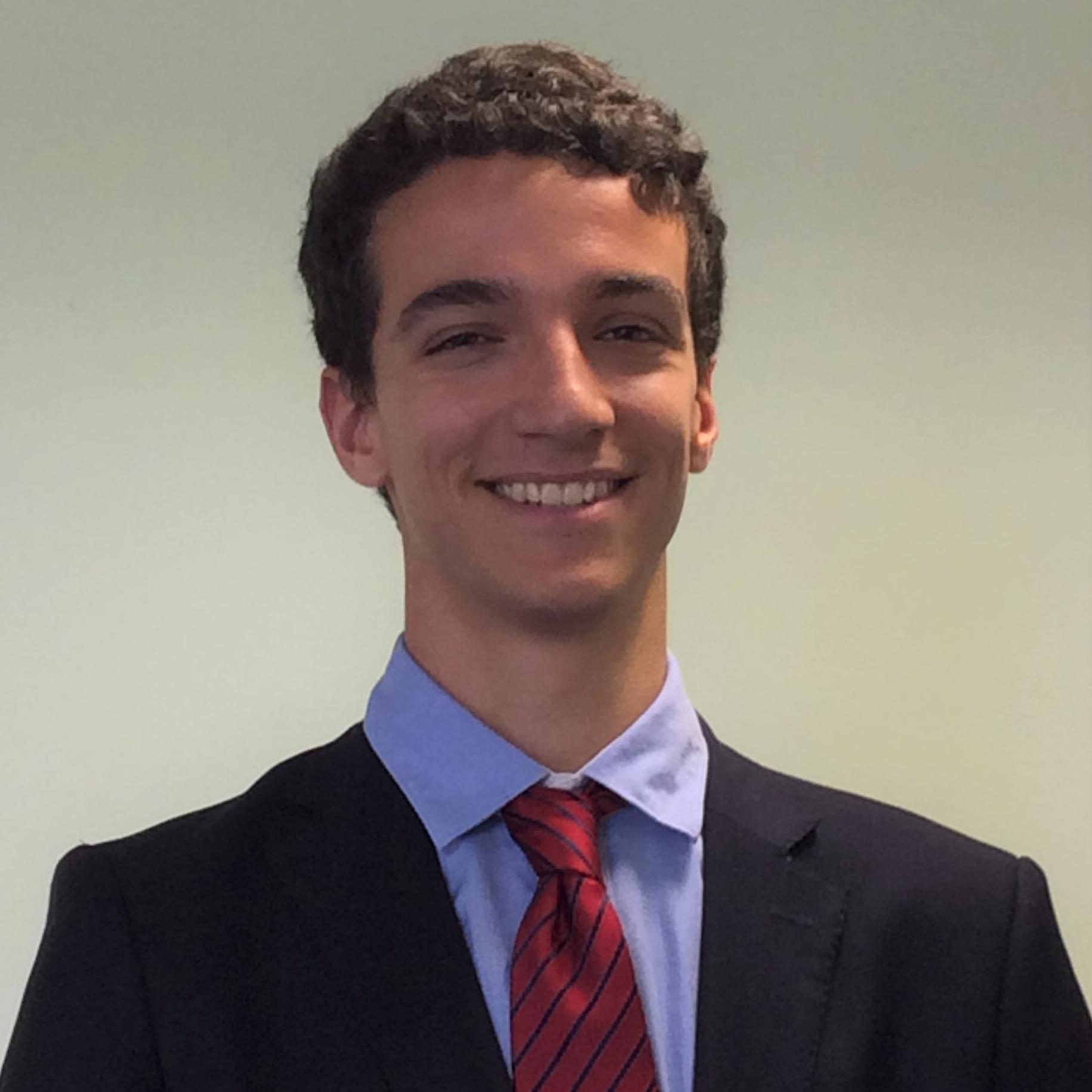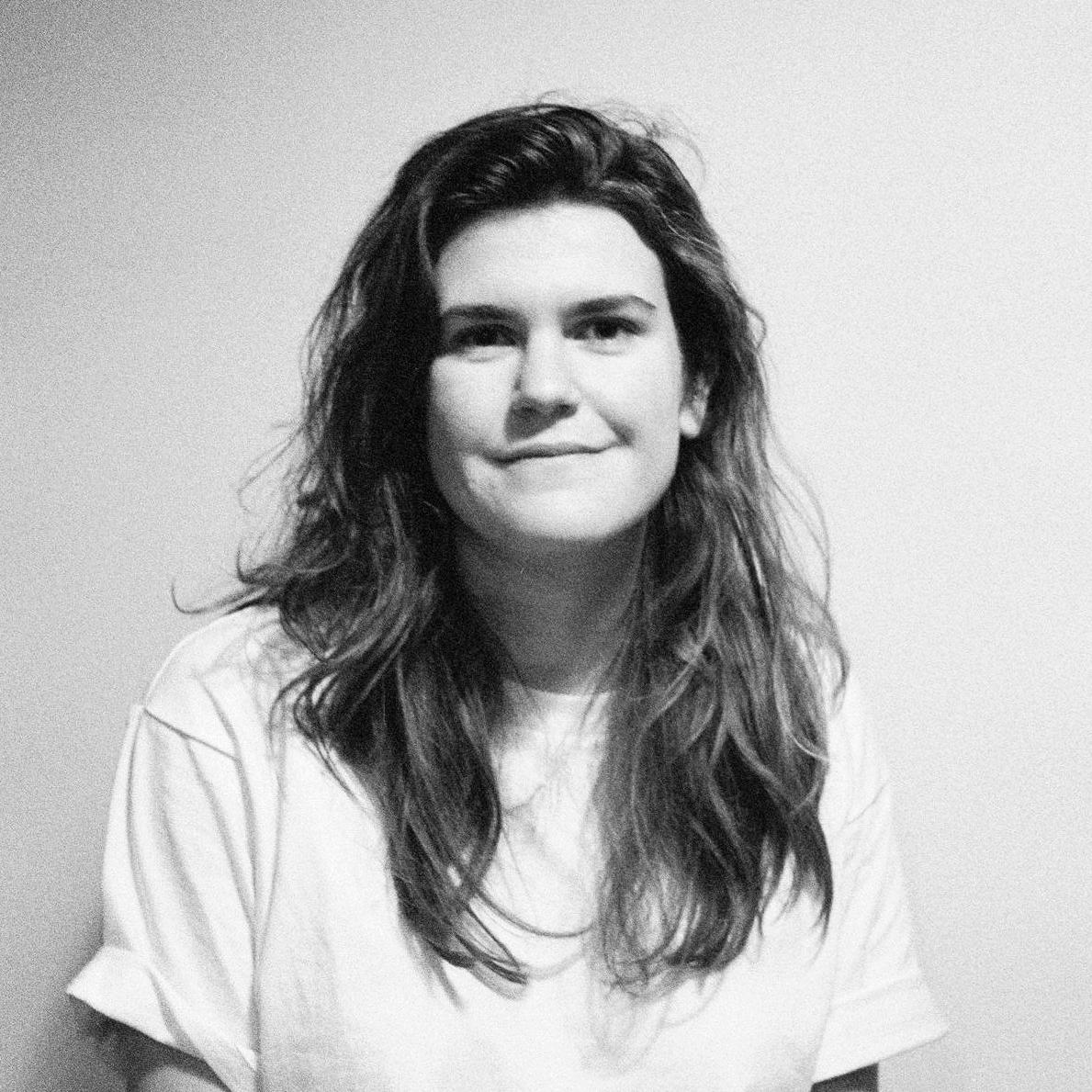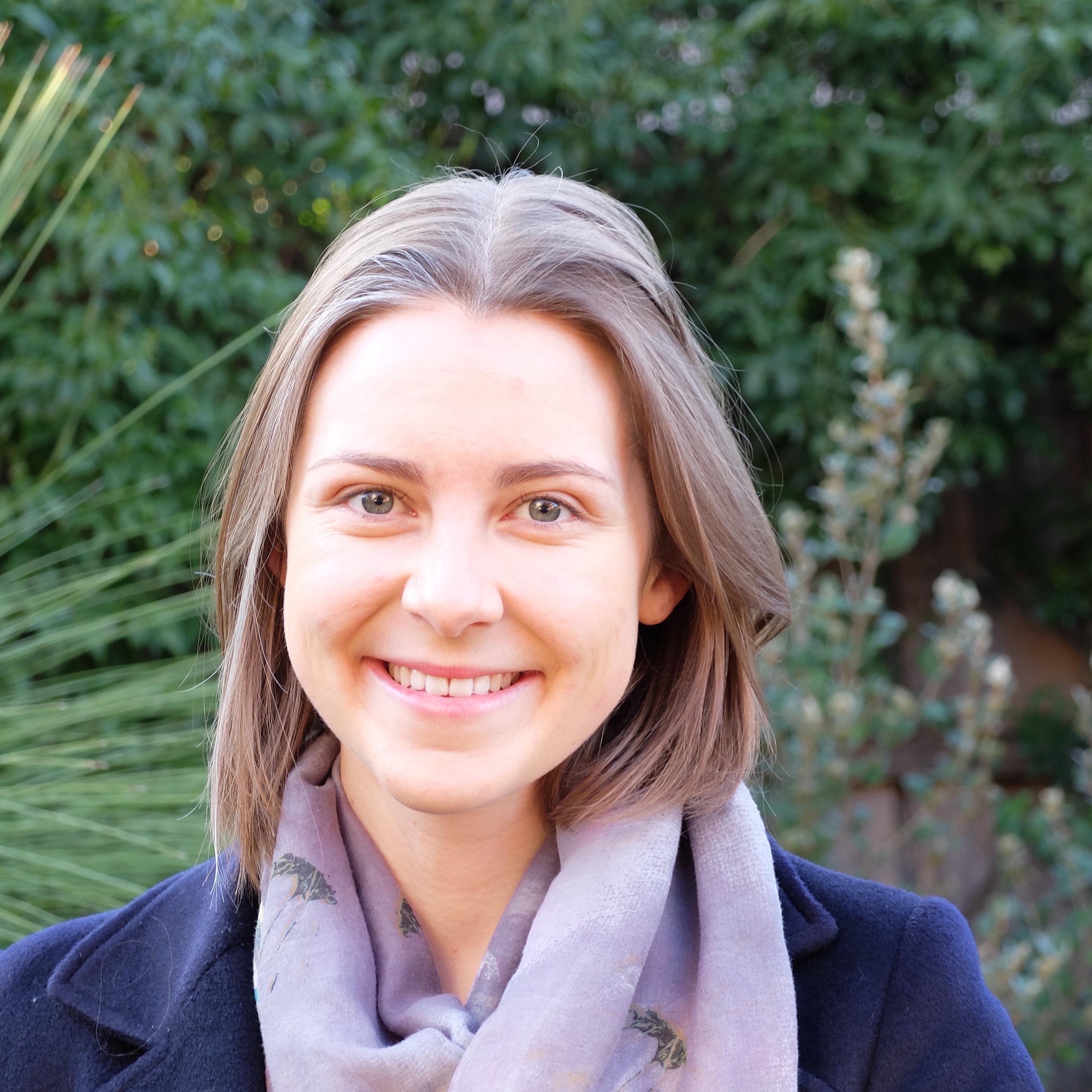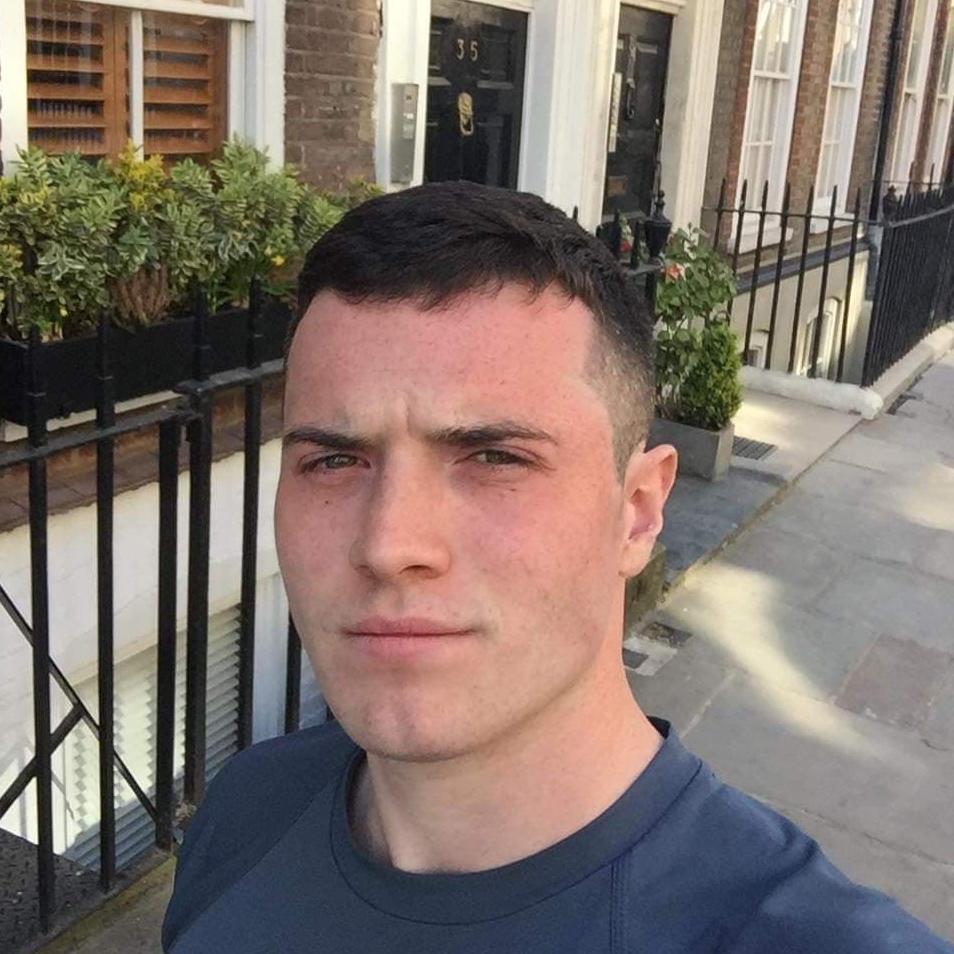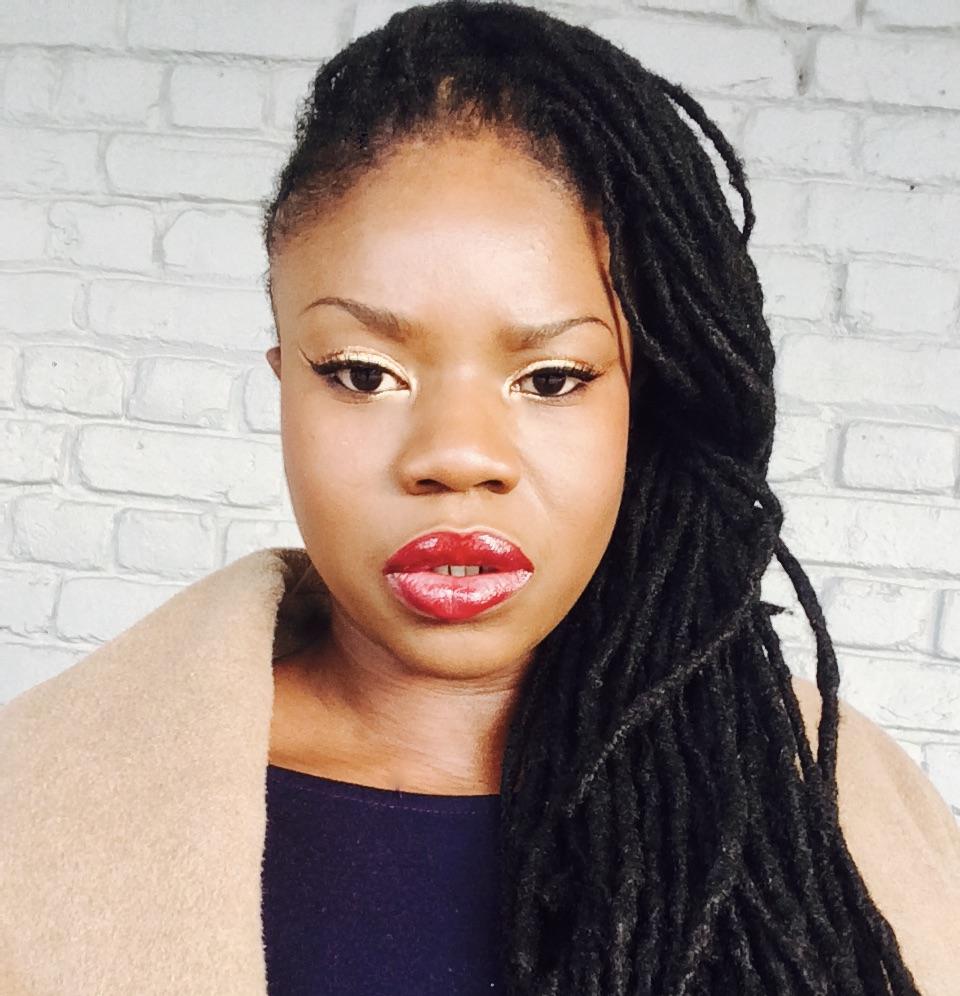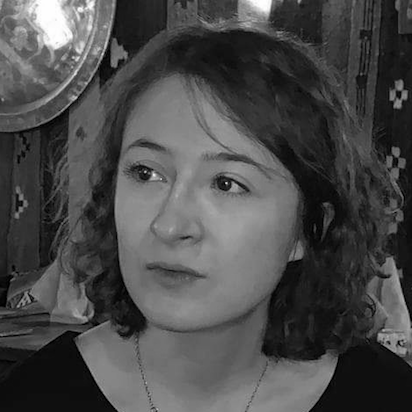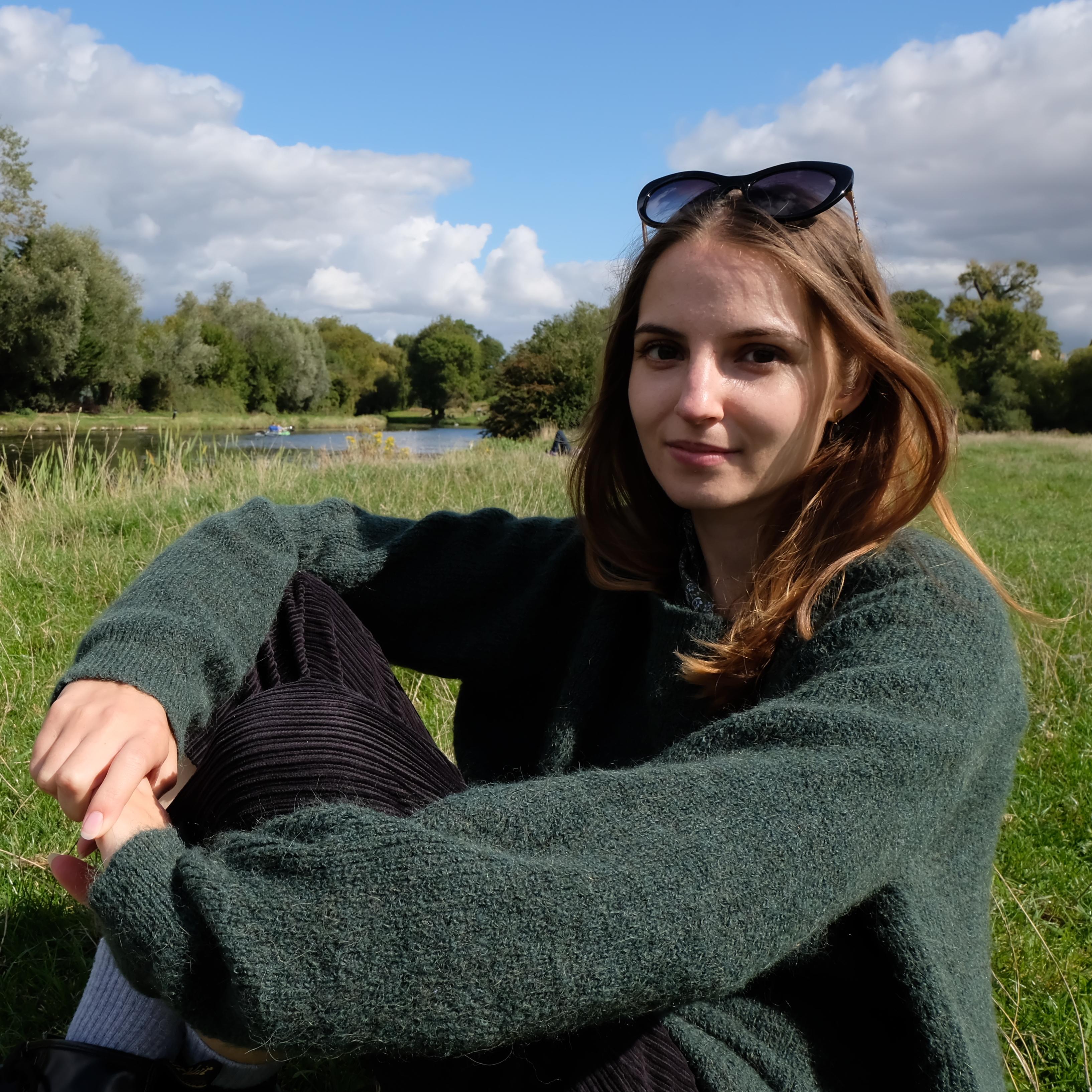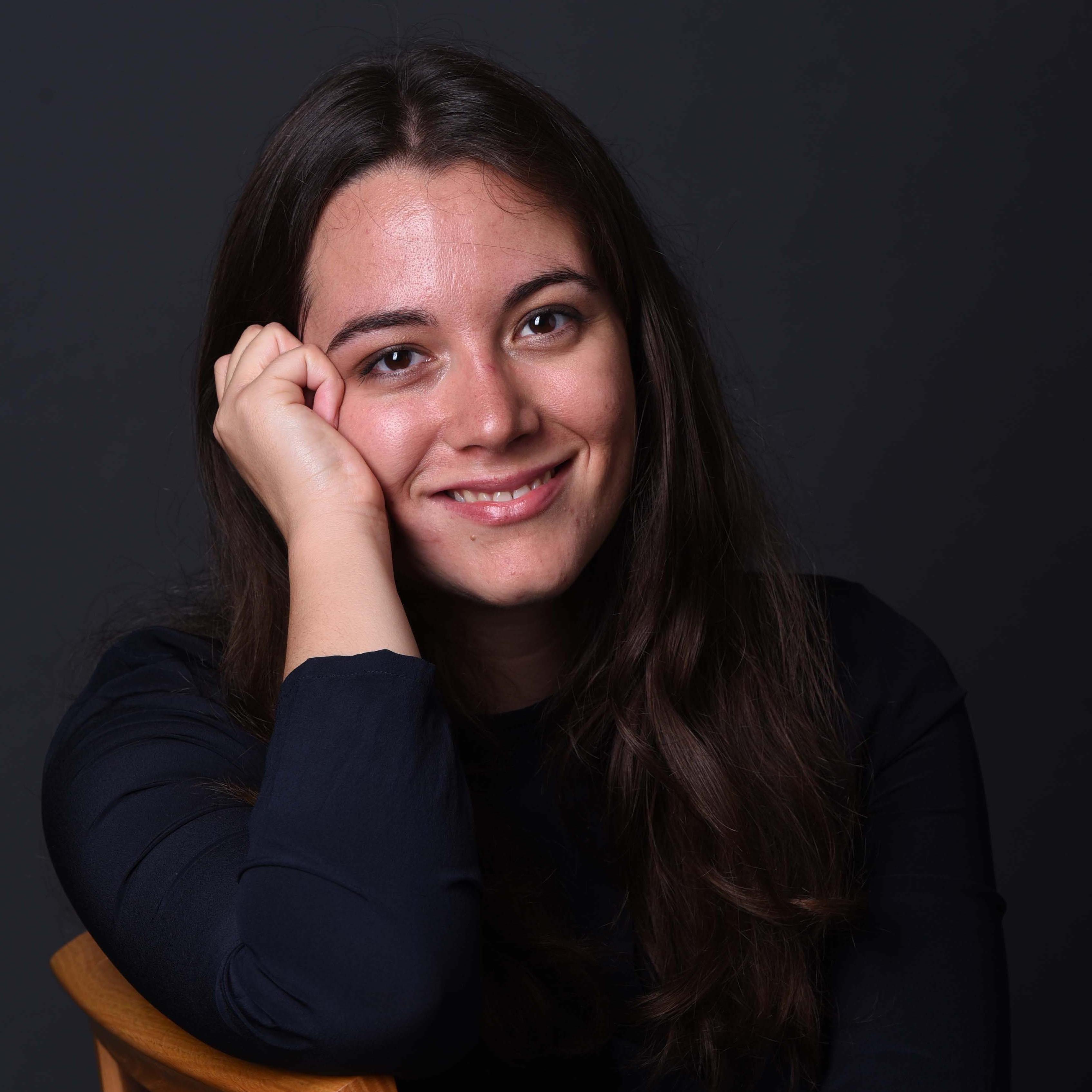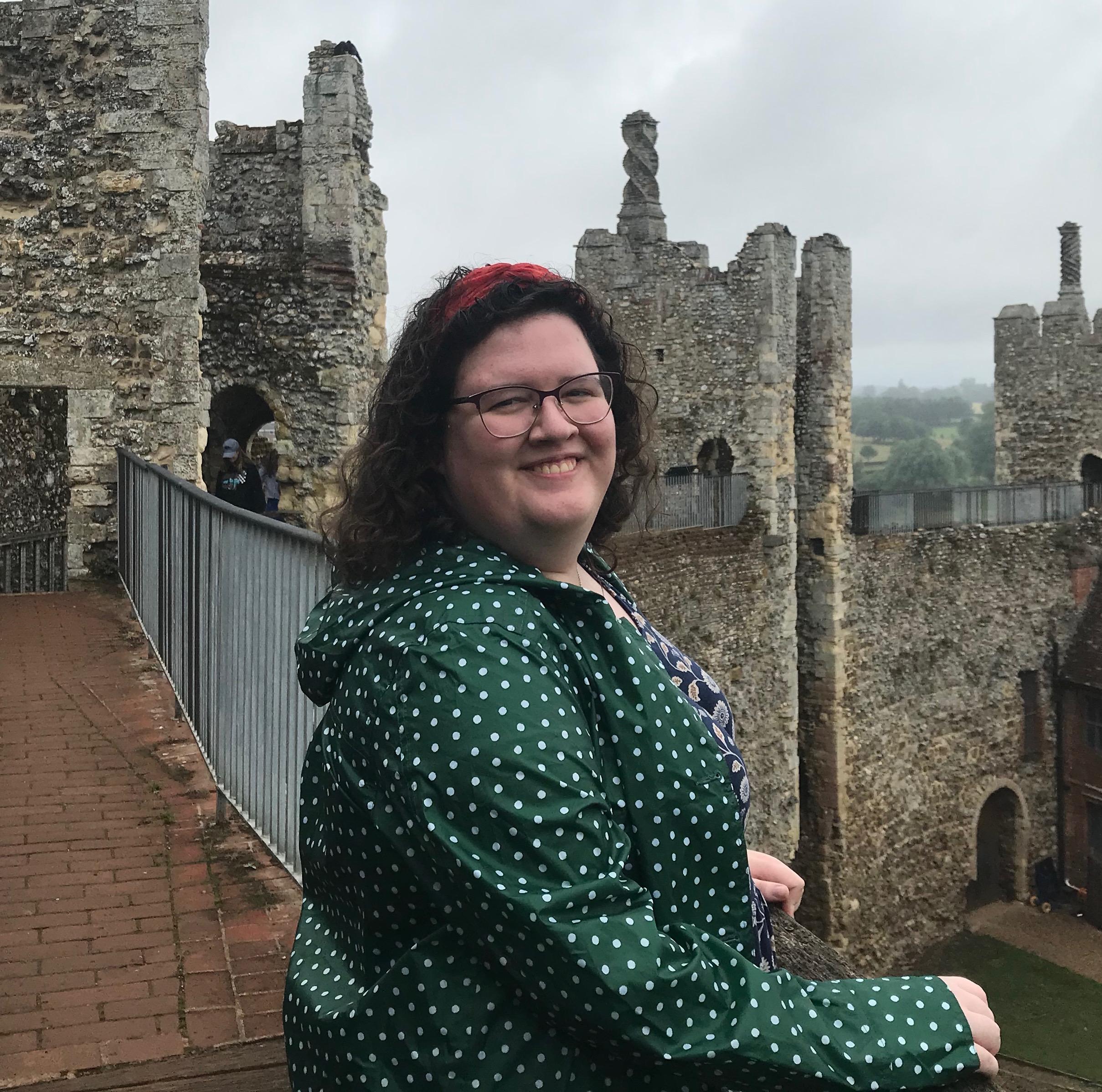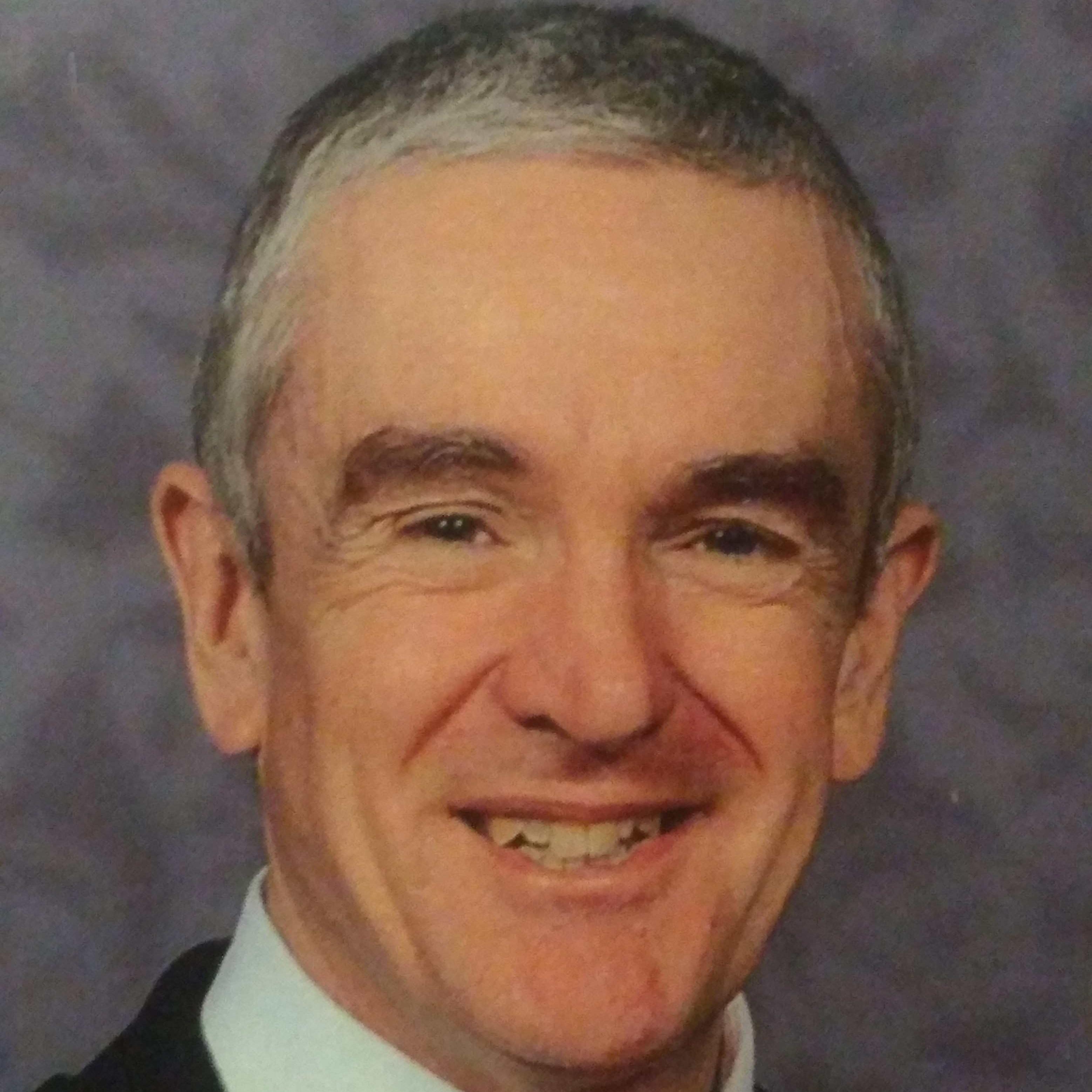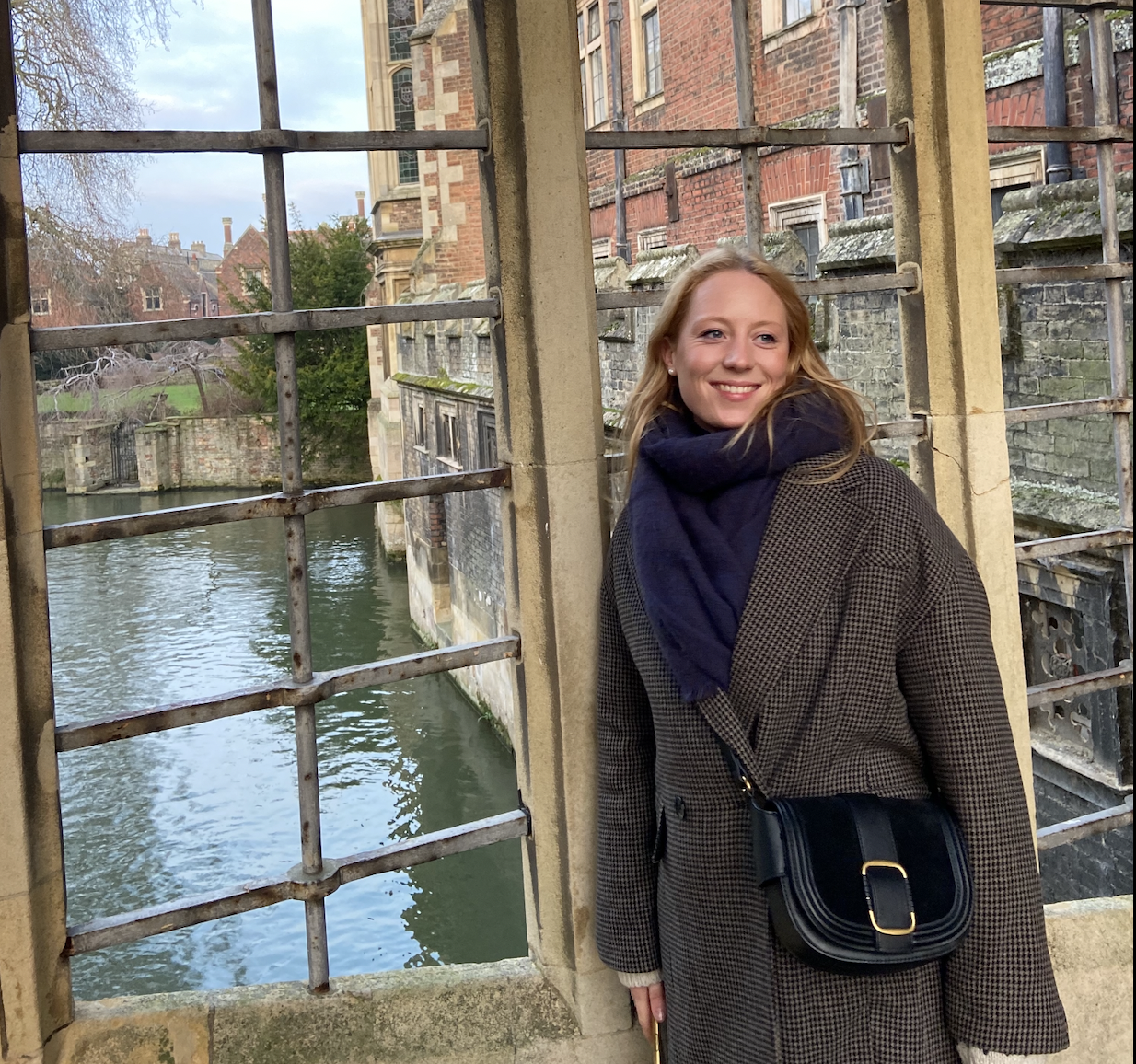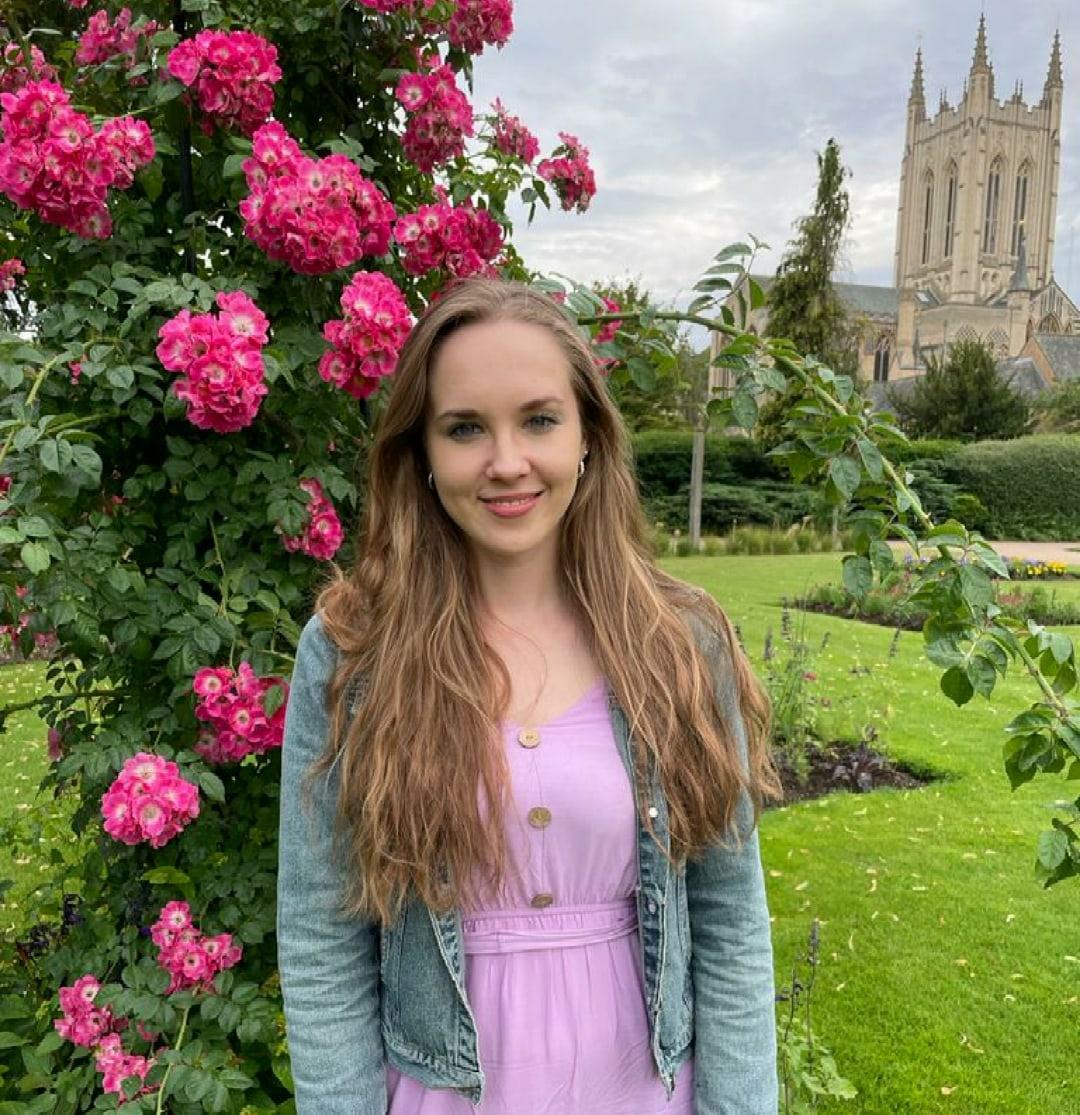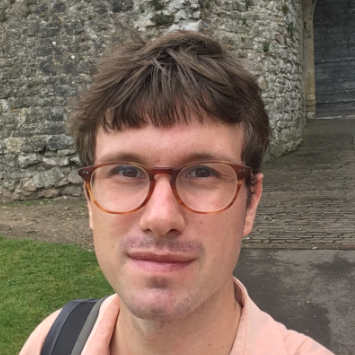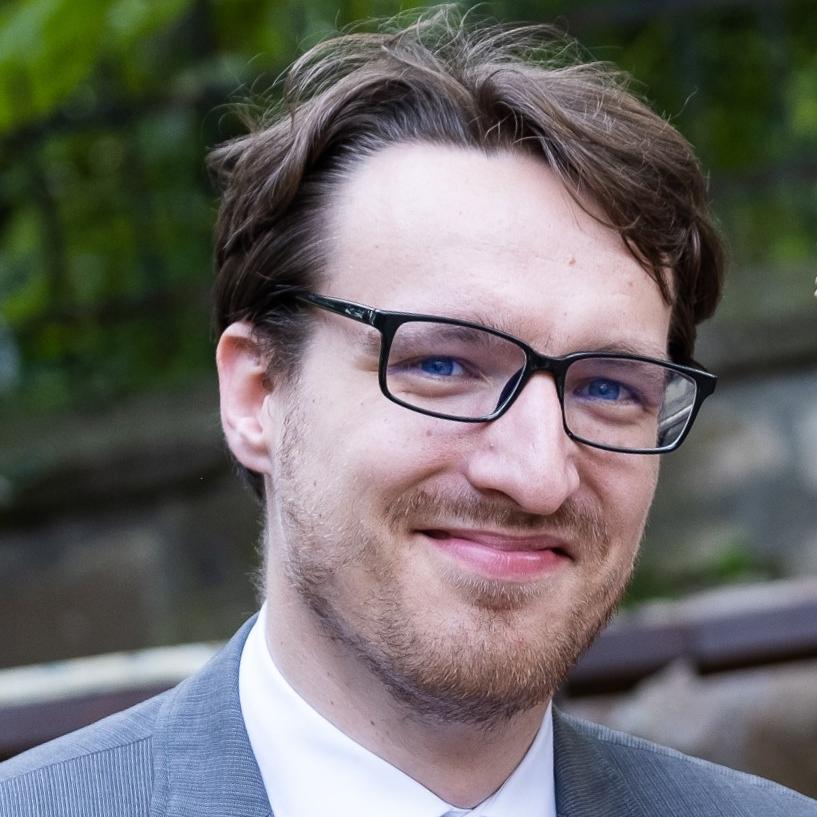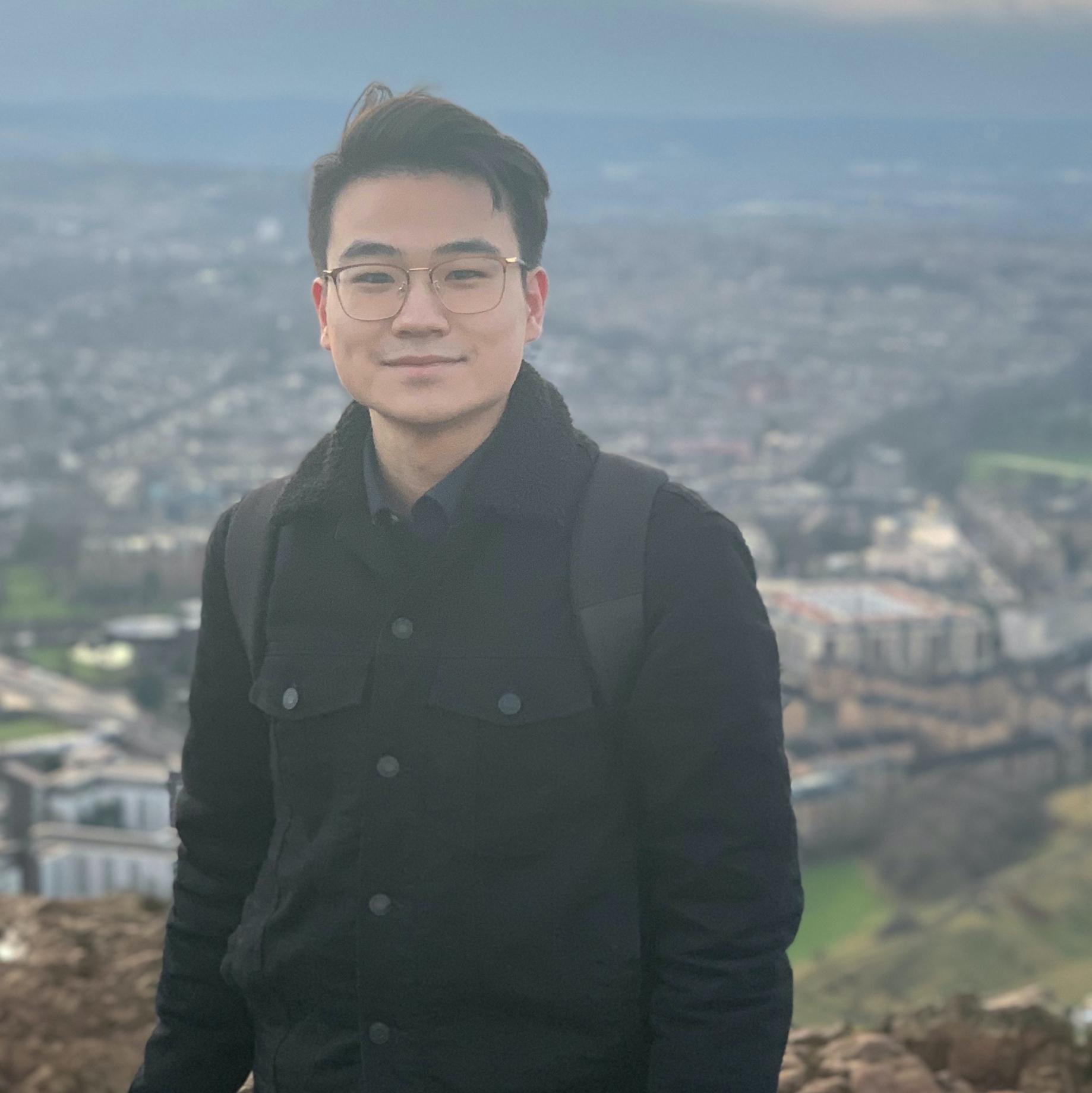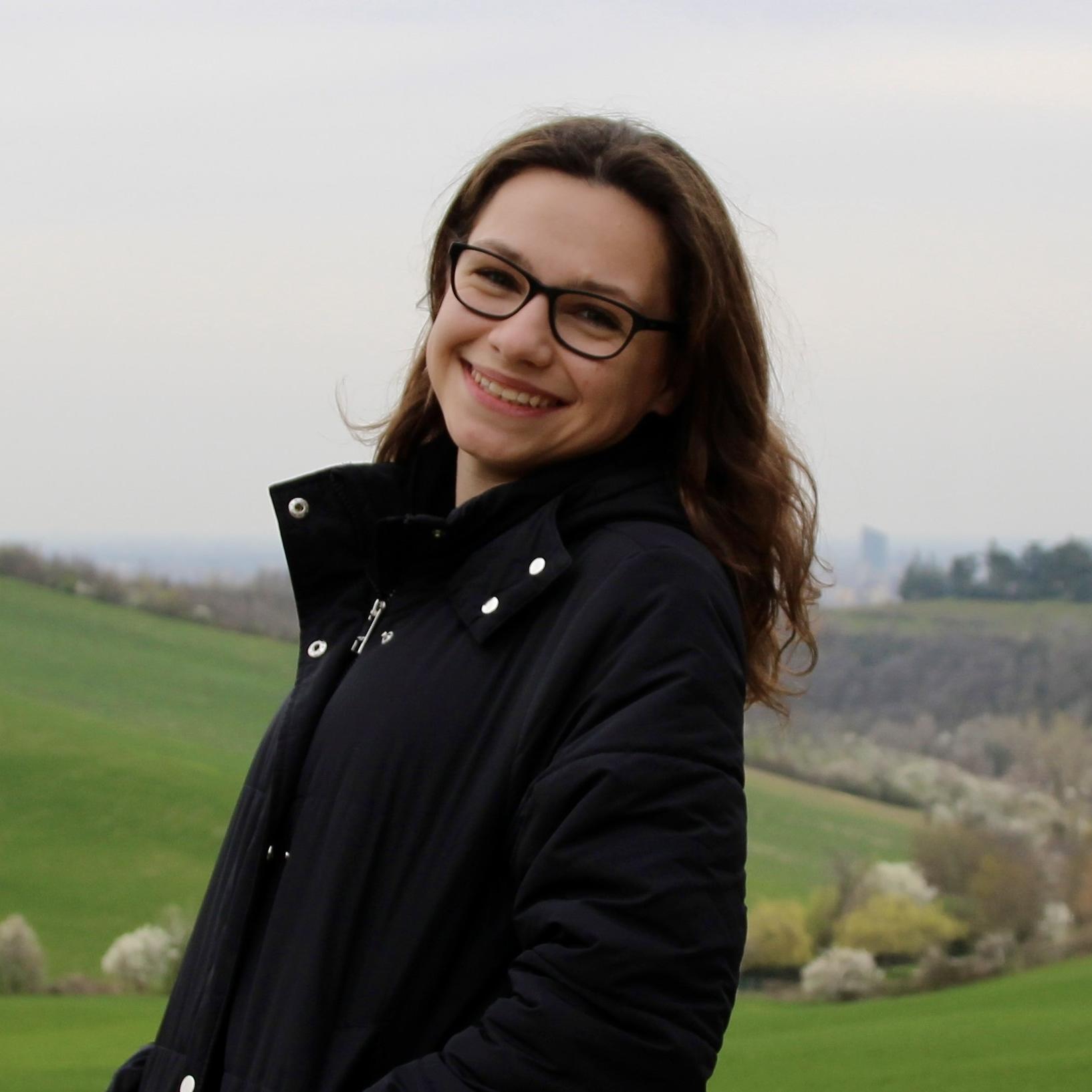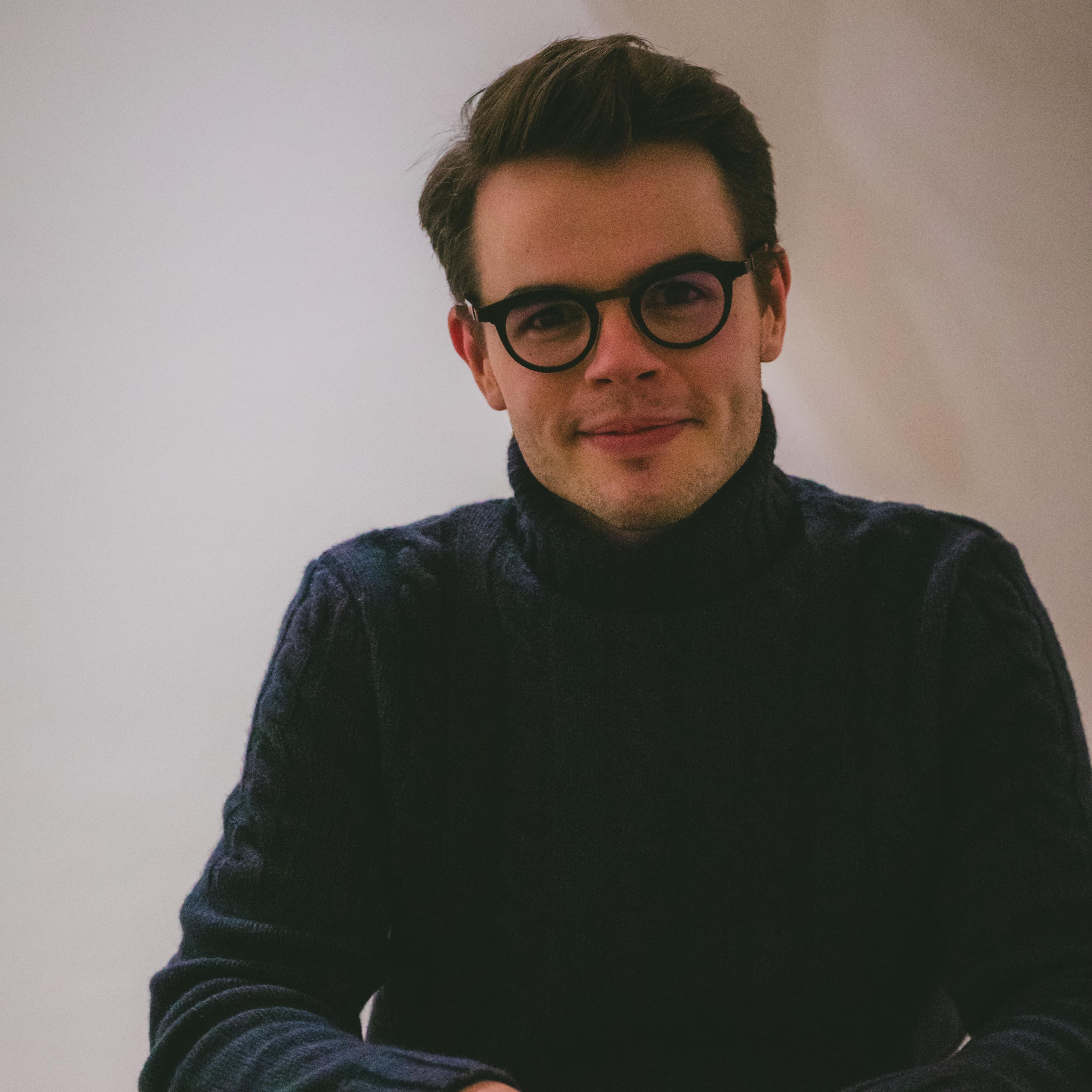Early Modern History
Cambridge has long been a leading centre for the study of early modern history. Members of our subject group continue to lead the way in defining and extending the contours of early modern history. Our own interests range widely: they encompass Britain, Europe, and the wider world, and they embrace the many different ways in which the discipline of history is now studied. A shared commitment to exploring the early modern world in all its diversity, complexity, and interconnectedness complements the vigour and enthusiasm with which we individually pursue specific problems.
Our work in this area
Our spirited sense of early modern history finds expression in a dedicated culture of teaching and research: a range of challenging undergraduate courses, a rich and exciting master’s programme, an eclectic and imaginative menu of research seminars, and several collaborative research projects. These activities reflect the ethos of our subject group. Each of us specializes in a particular field, and also contributes to the collective enterprise of early modern history. We warmly welcome postgraduate and undergraduate students joining us in this shared endeavour.
The interests of some of Cambridge’s early modernists are described on our personal webpages, to which there are links at the bottom of this page. These interests complement and reinforce each other. We range from the mid fifteenth century to the end of the eighteenth century. Many of us focus on one country or region: some concentrate on Britain and Ireland, others on mainland Europe (especially Austro-Hungary, Germany, and Italy), others on the wider world (especially the Atlantic, North America, and the Ottoman Empire). Nevertheless our approaches transect geographical and territorial boundaries. Between us, we work on the histories of belief, education, and religion; commerce, culture, and materiality; economy, finance, and society; empire, ethnicity, and migration; gender, poverty, and sexuality; ideas, law, and politics; nature, scholarship, and science; and even of history itself.
Research culture
Building on a long tradition of influential and outstanding research in the field within the Faculty, we lead an innovative research culture that has many dimensions. Early modern history at Cambridge involves more than studying for a degree: it means membership of an intellectual community of like-minded people. We are fortunate to have a rich range of research seminars, to which the participation of postgraduate students is integral. These seminars bring leading early modernists from around the country and around the world to Cambridge. They also provide plentiful opportunities for enjoyable, relaxed discussion between postgraduates, members of the Faculty, and visiting speakers.
Seminar series covering early modern history meet regularly. These include:
- Cambridge Group for the History of Population and Social Structure
- Comparative Social and Cultural History
- Early Modern British and Irish History
- Early Modern Economic and Social History
- Early Modern European History
- Early Modern Interdisciplinary
- Political Thought and Intellectual History
- Early Modern Scholarship and Religion
Other history seminars also host papers of interest to early modernists. Furthermore, the Faculty supports student-run graduate workshops. In addition, several other university departments organize seminars and graduate workshops that are of interest to early modernists.
Early modern historians also participate in a number of collaborative research centres, projects, and networks. These include:
- Cambridge Group for the History of Population and Social Structure
- Centre for Gender Studies
- Centre for History and Economics
- Centre for Material Texts
- Centre for Research in the Arts, Social Sciences and Humanities
- Museum of Archaeology and Anthropology (MAA)
- Neapolitan Network
These projects help the subject group to maintain strong ties between history and other disciplines and between Cambridge and other universities.
Register of Cambridge's early modernists
Cambridge historians are part of a larger community of early modernists at the University. These are listed on the register of early modernists, which is open to anyone with an interest in any aspect of the period c.1450 to c.1800. The register provides details of names, e-mail contact details, college and/or faculty affiliation, general areas of interest, and particular research interests of its members. It is not comprehensive, since only those individuals who have submitted details are included. Those wishing to participate or to amend their details should contact Philippa Carter at pgbc2@cam.ac.uk.
Research Area Contact
Convenor: Professor Ulinka Rublack
Research projects
banner image: Albrecht Dürer's Visit to Antwerp in 1520 by Hendrik Leys (1855 )
Original in Royal Museum of Fine Arts, Antwerp

